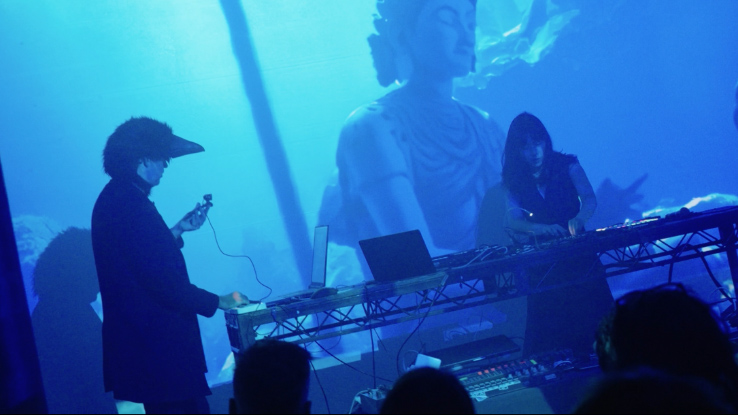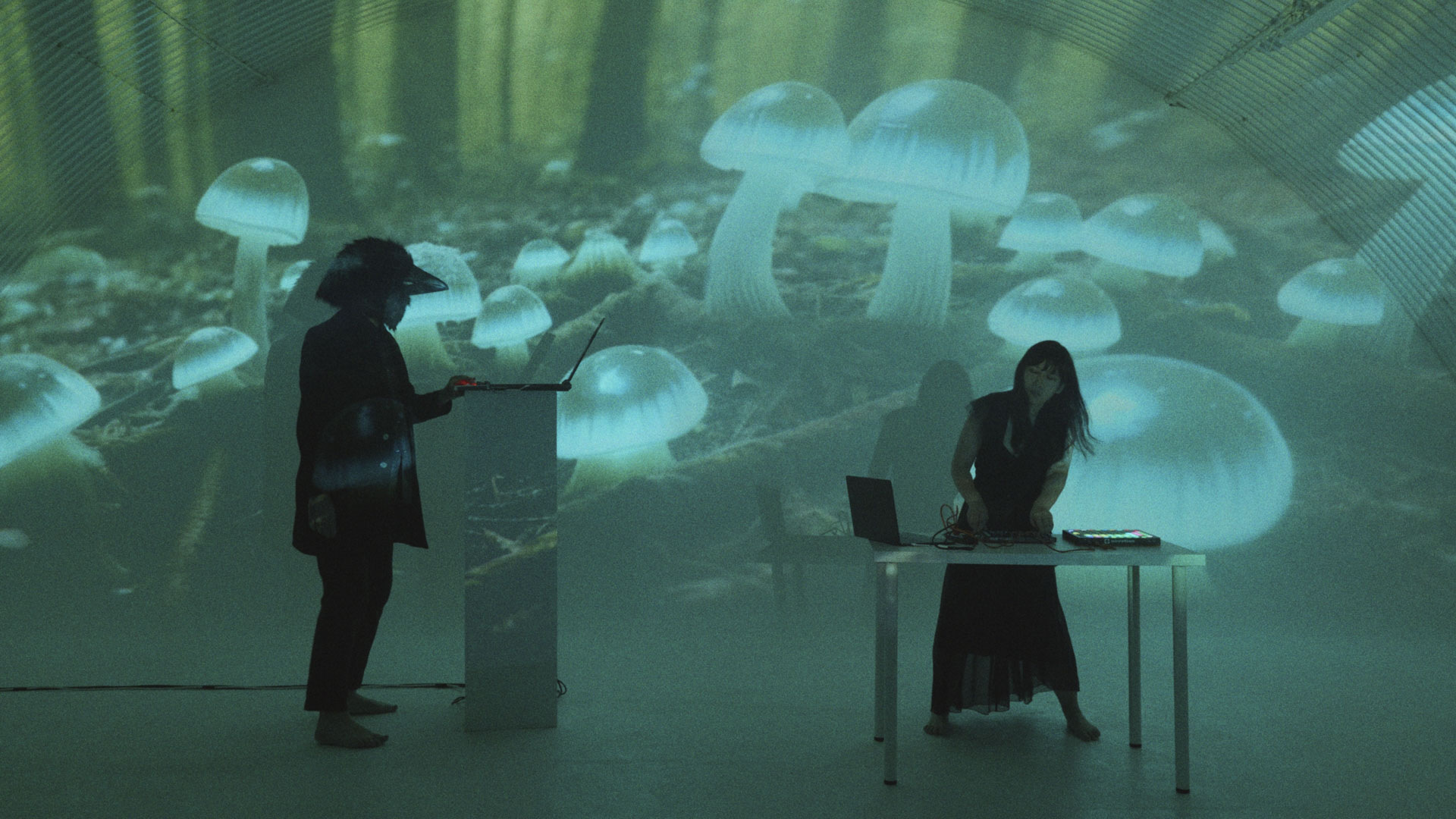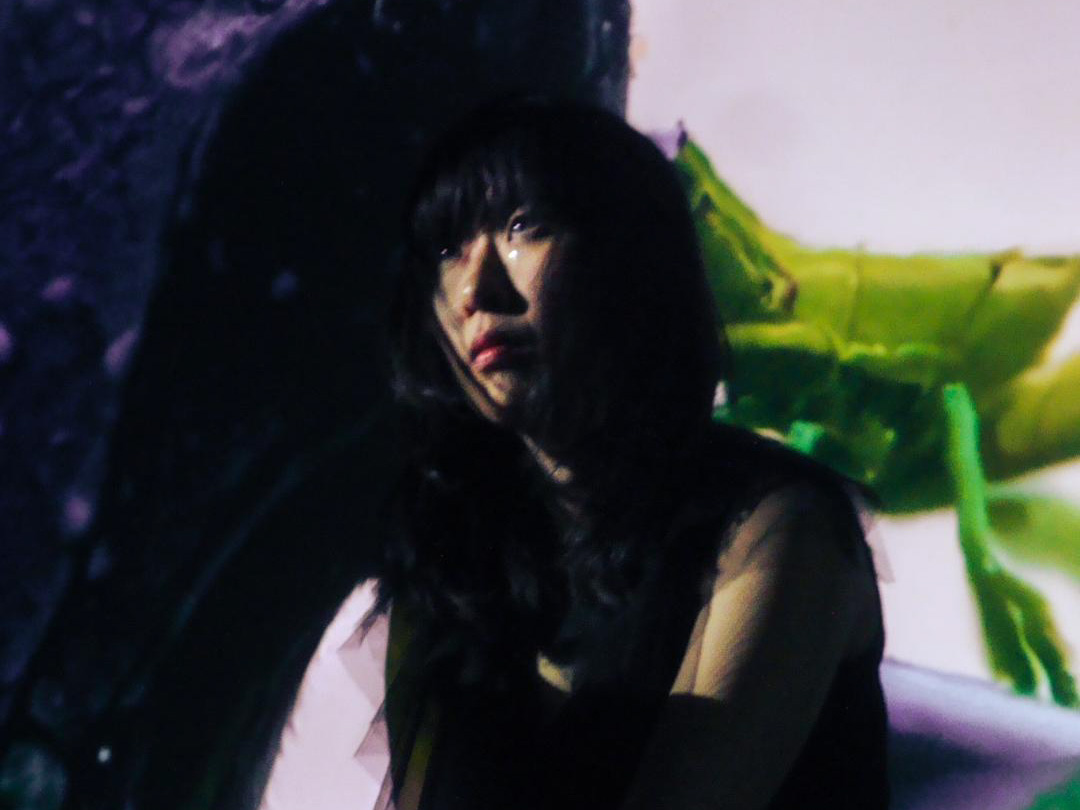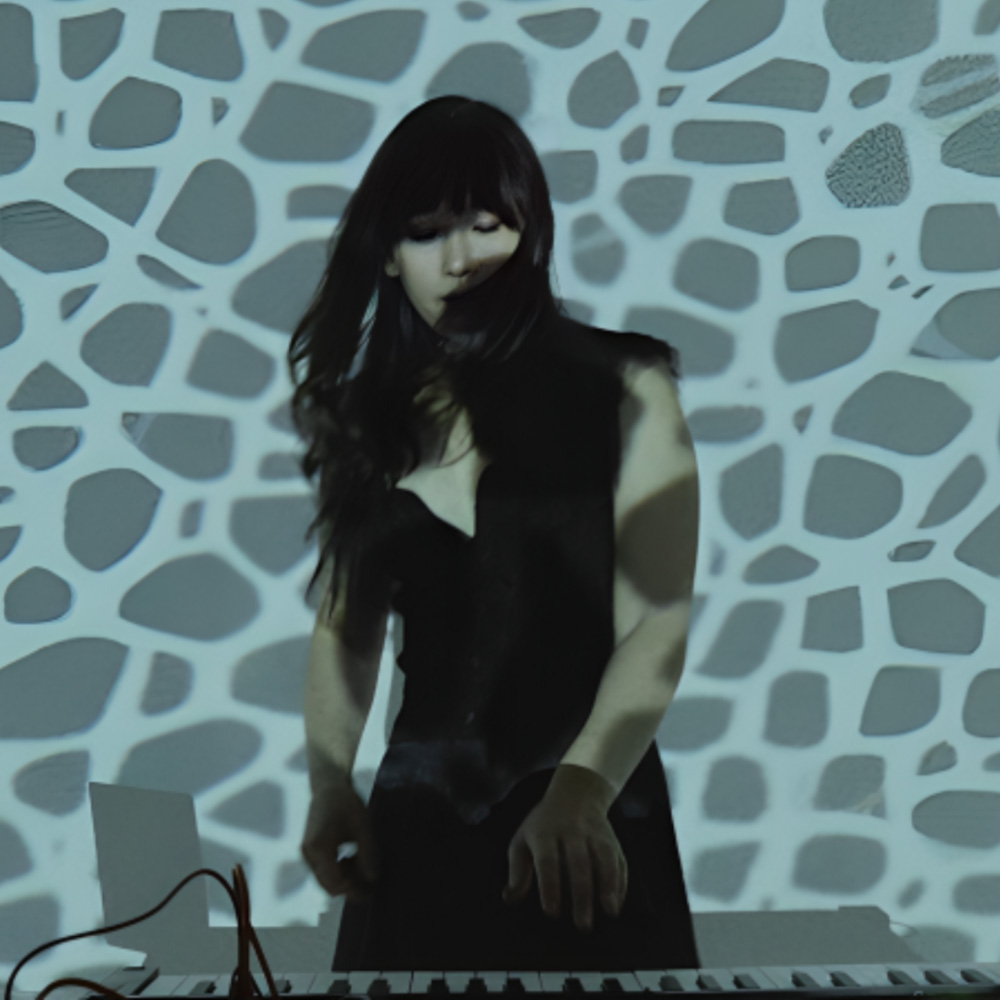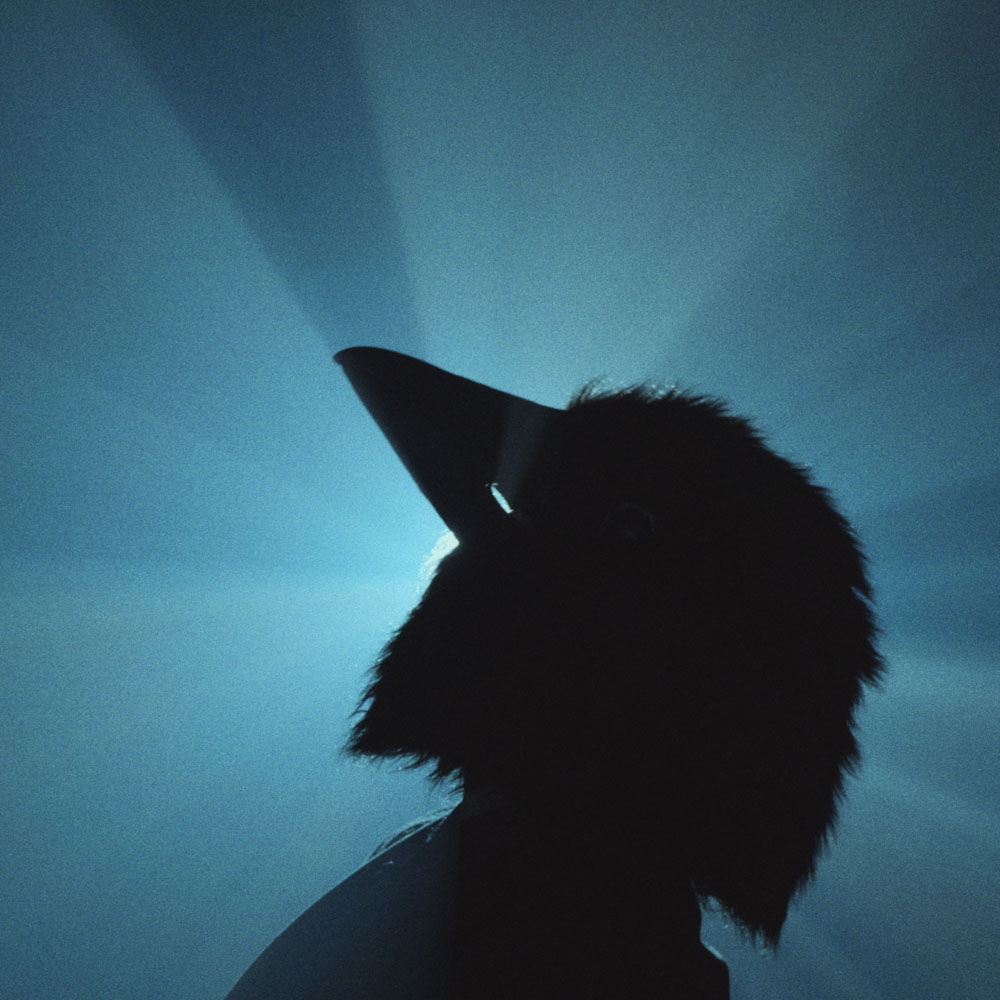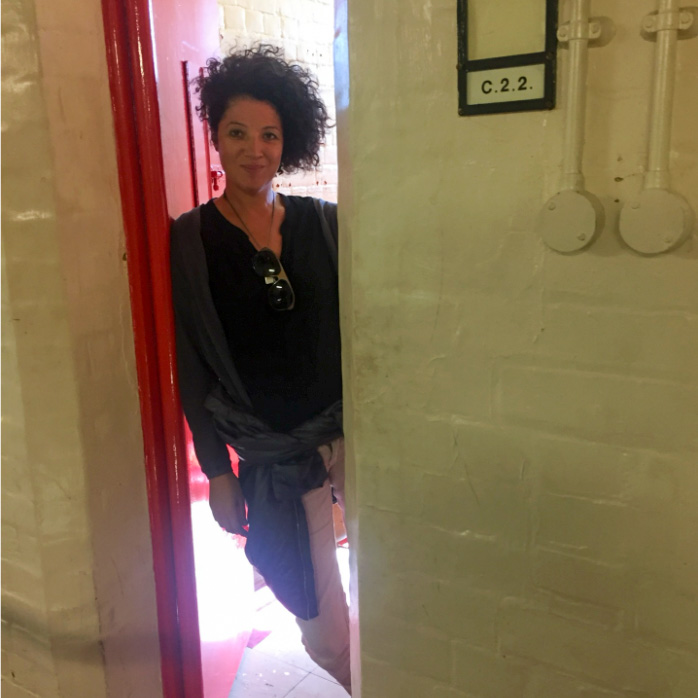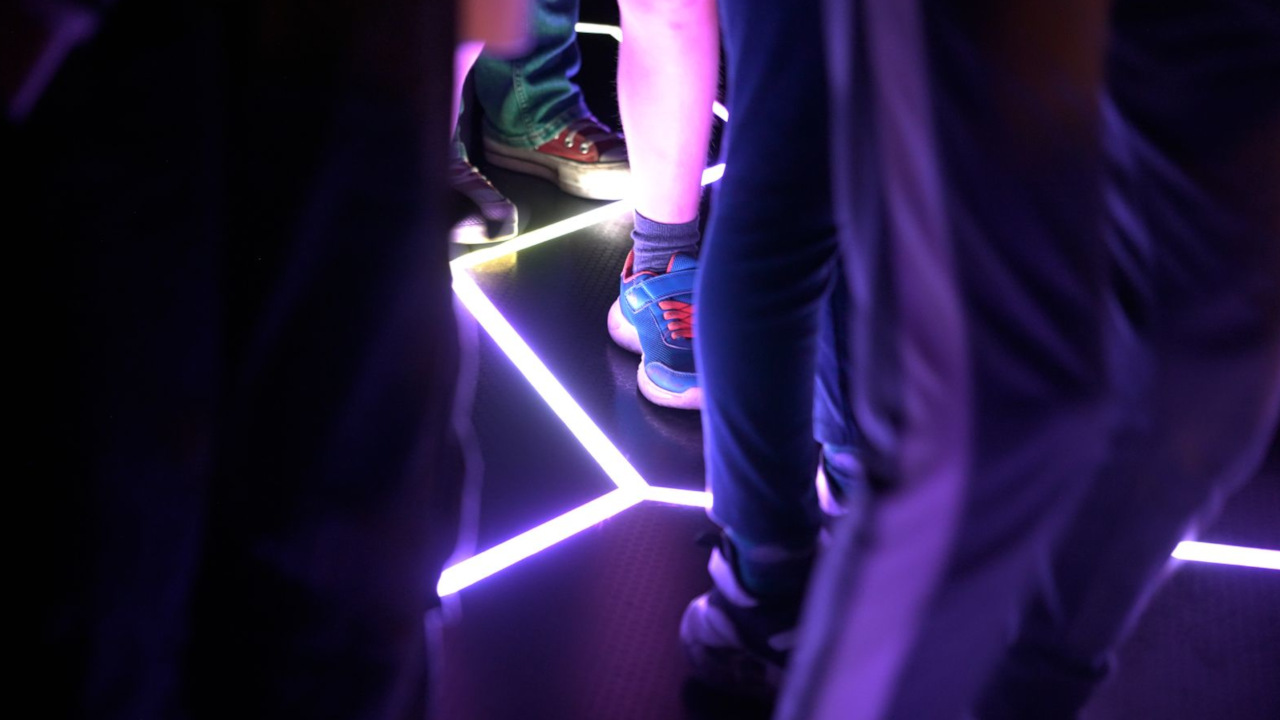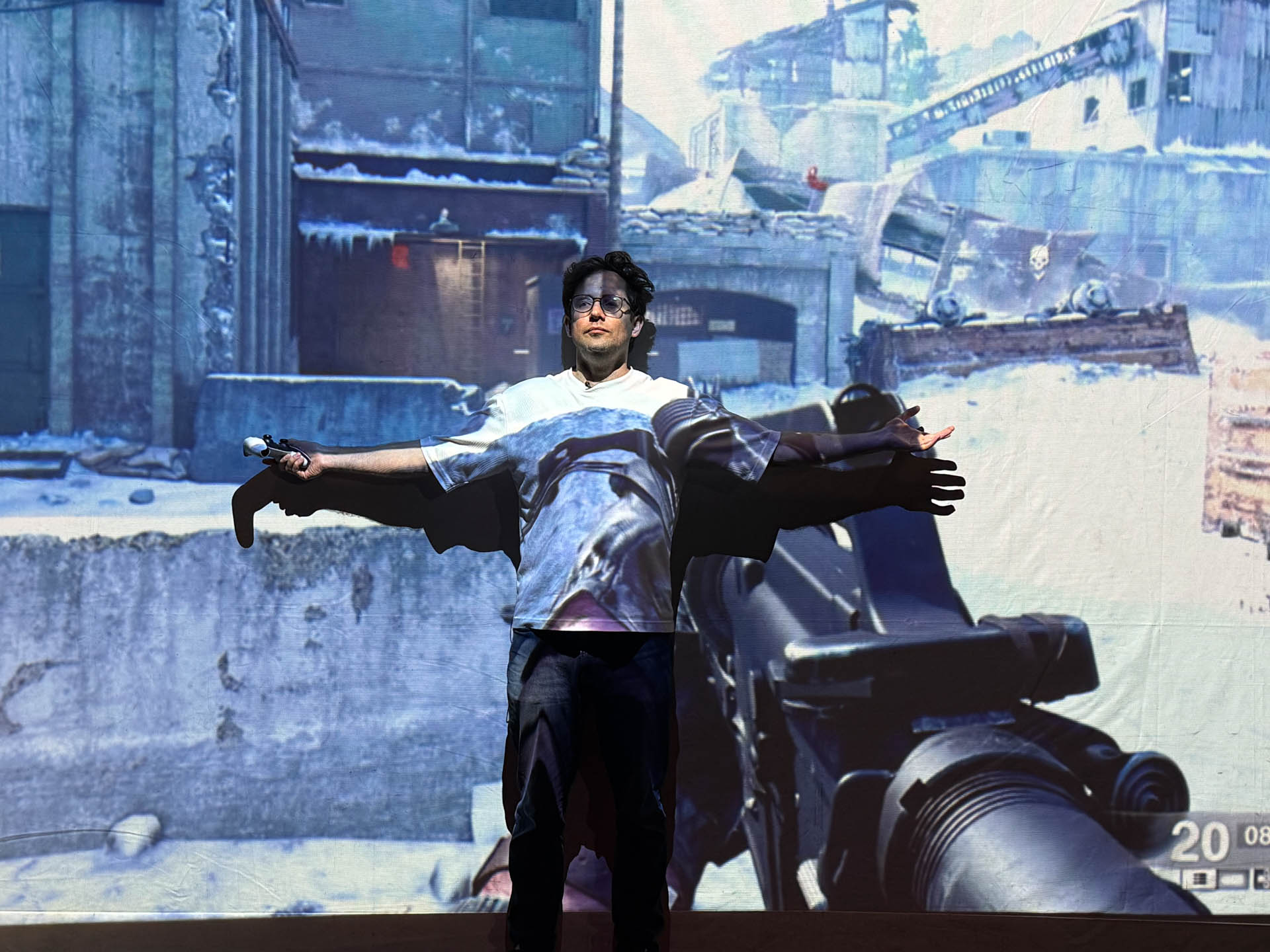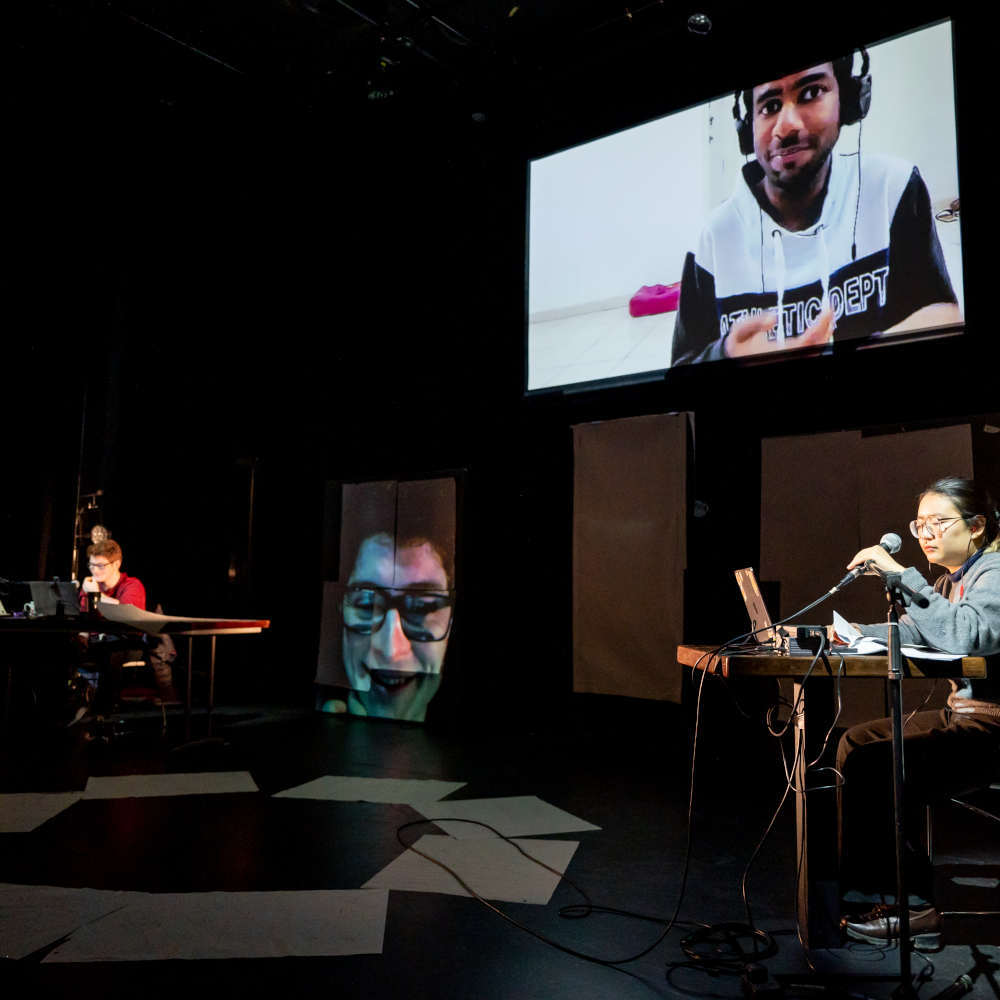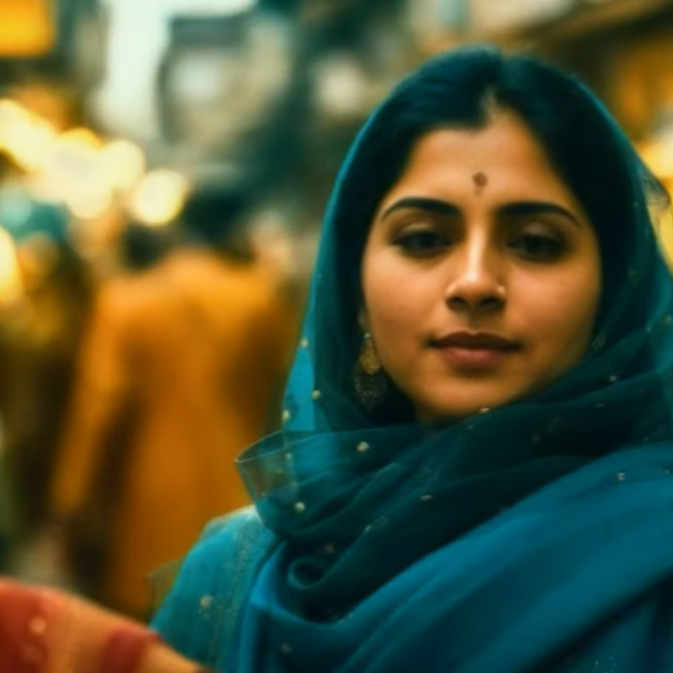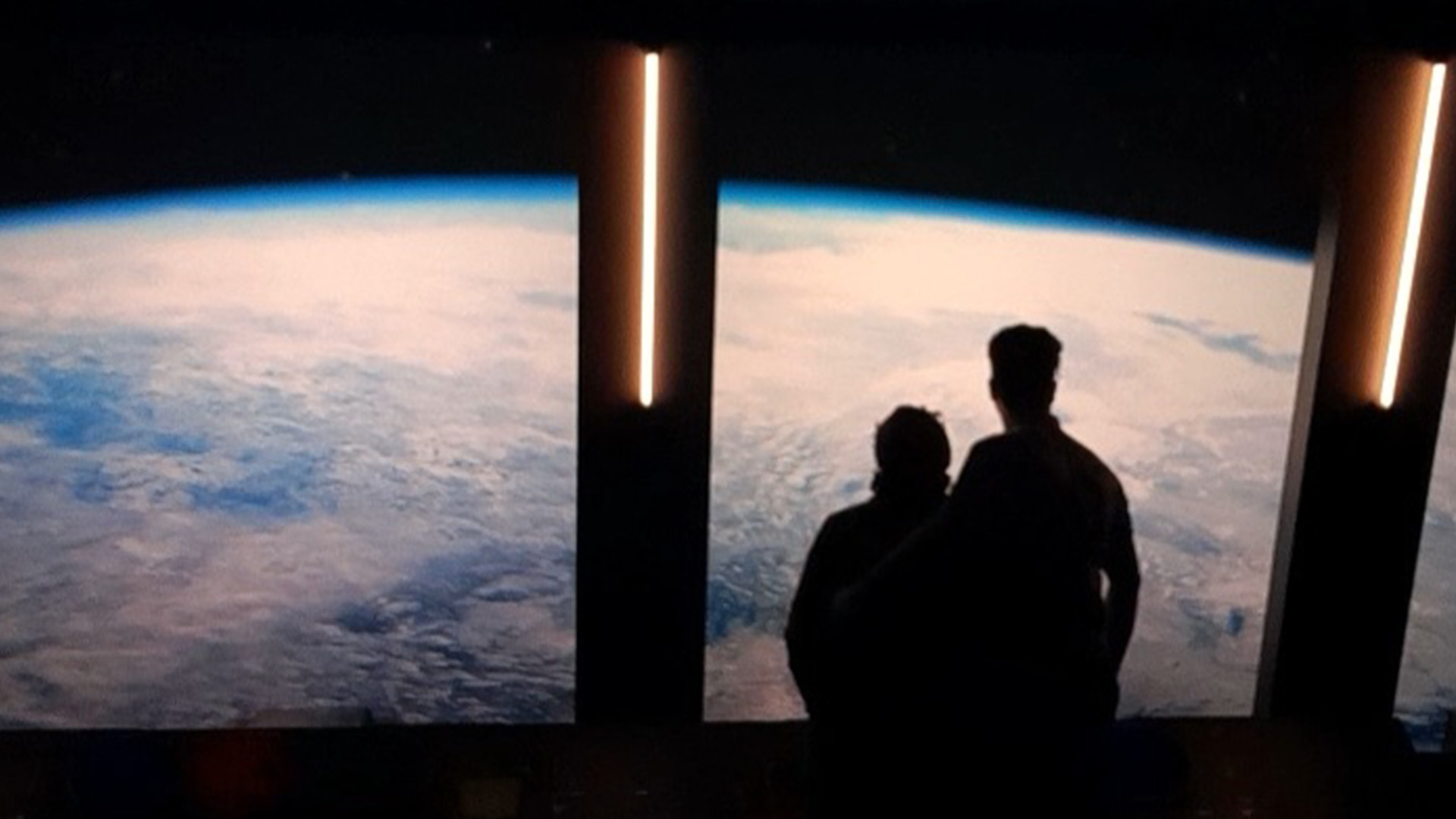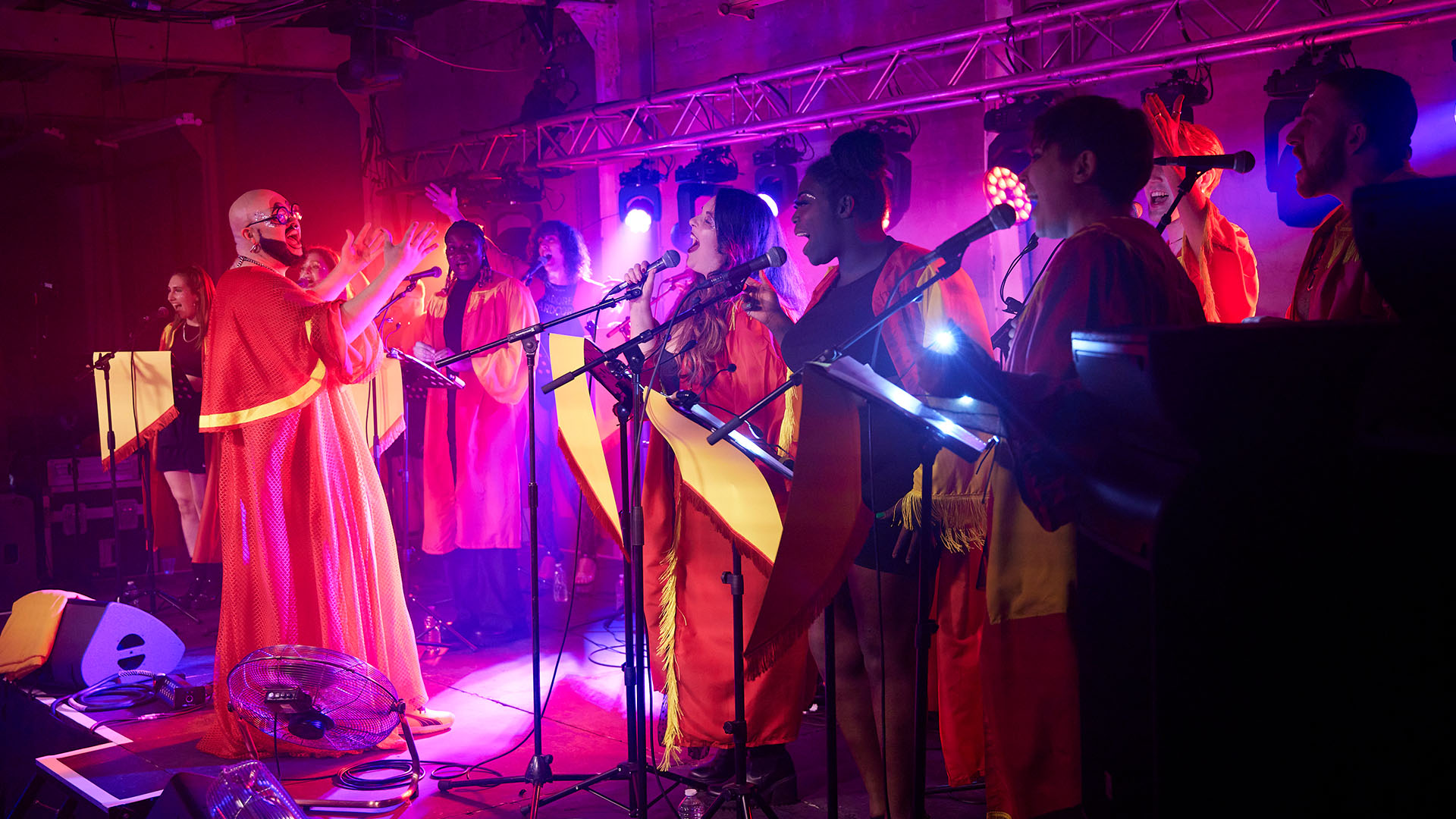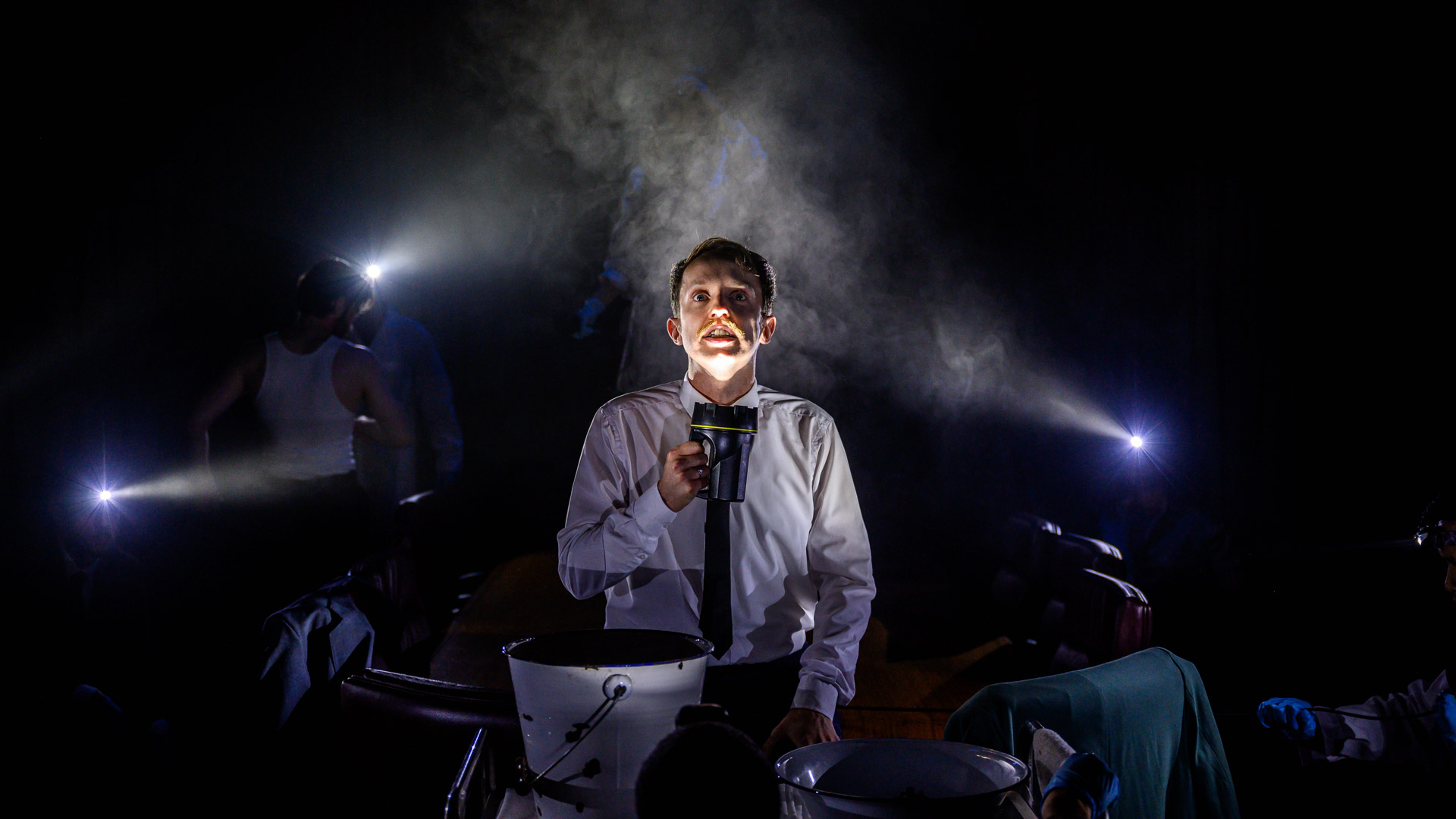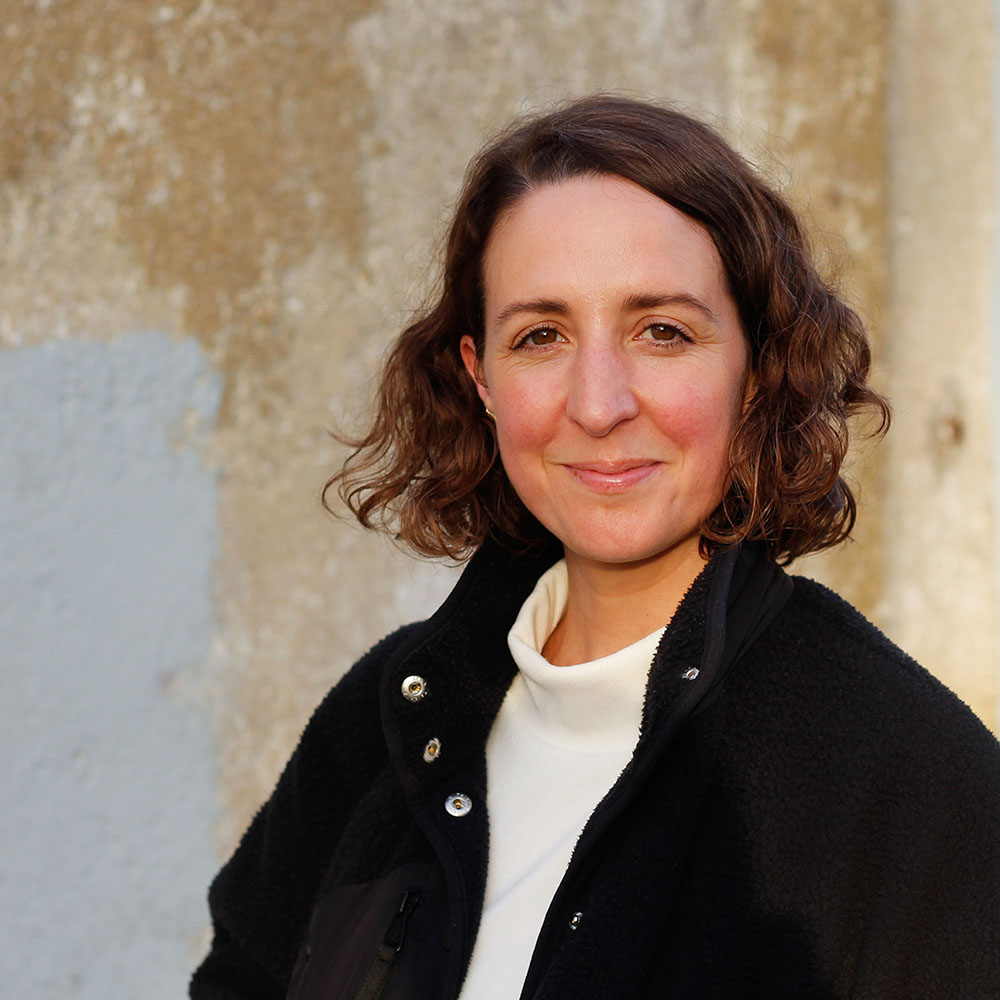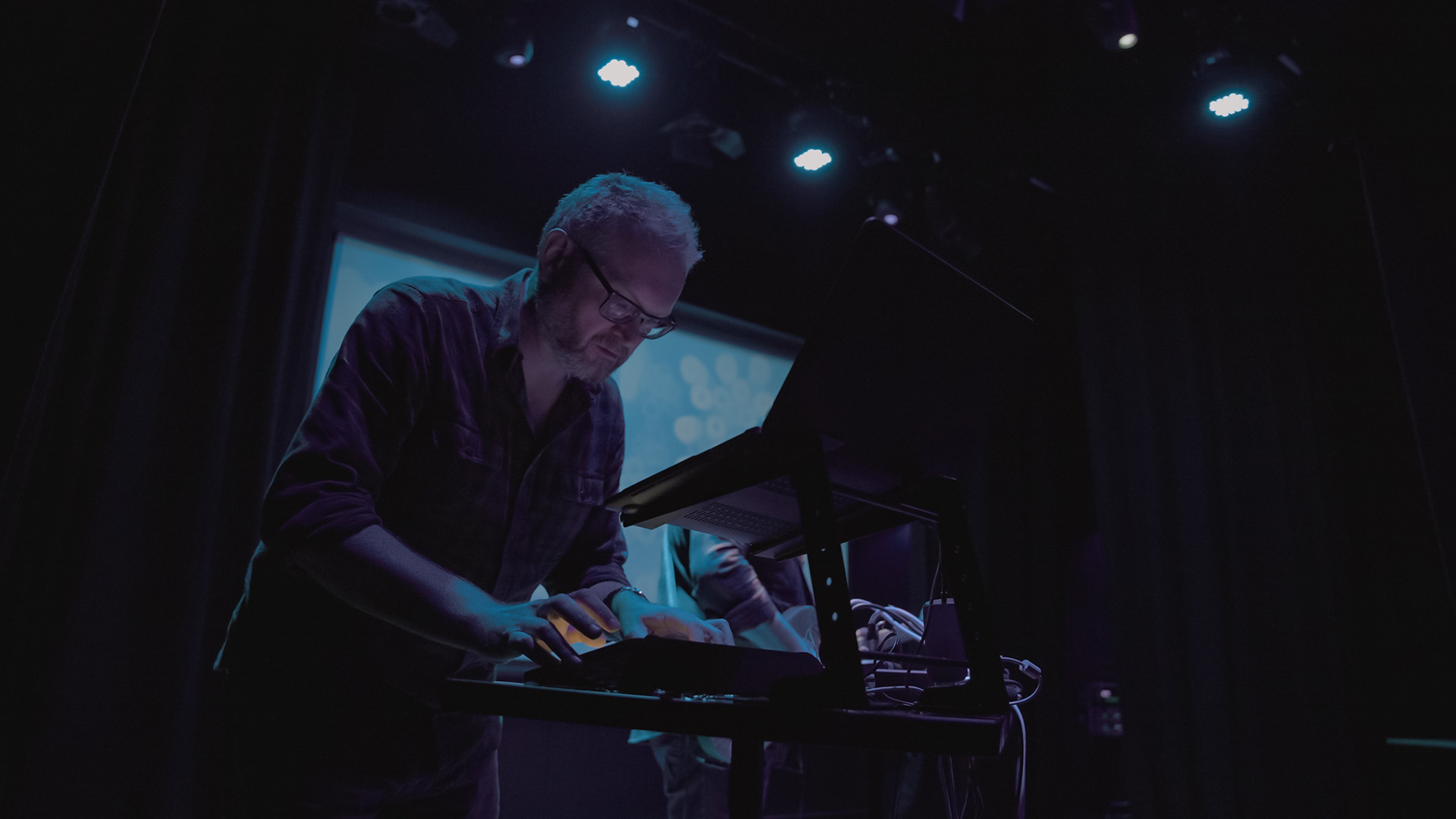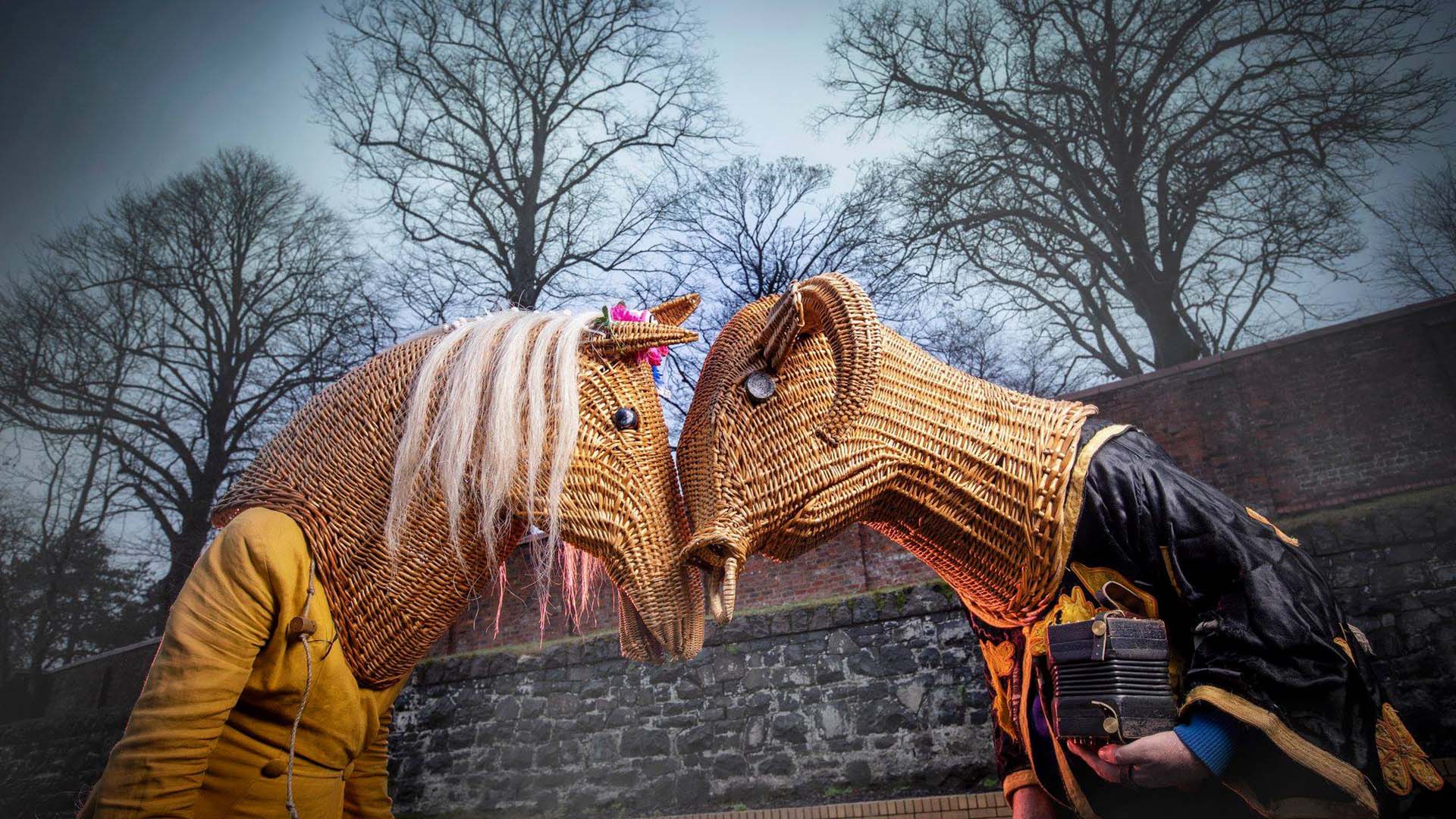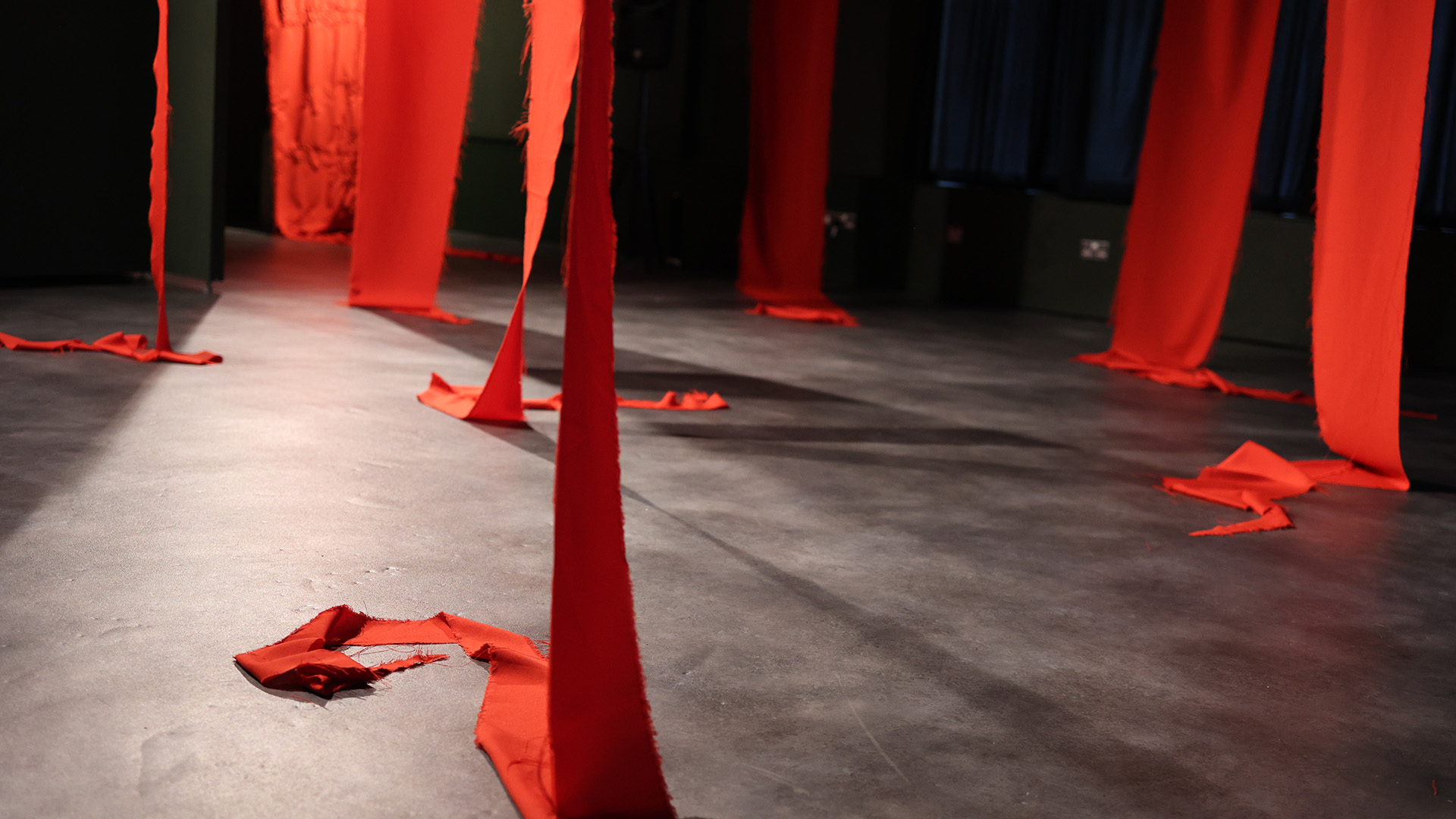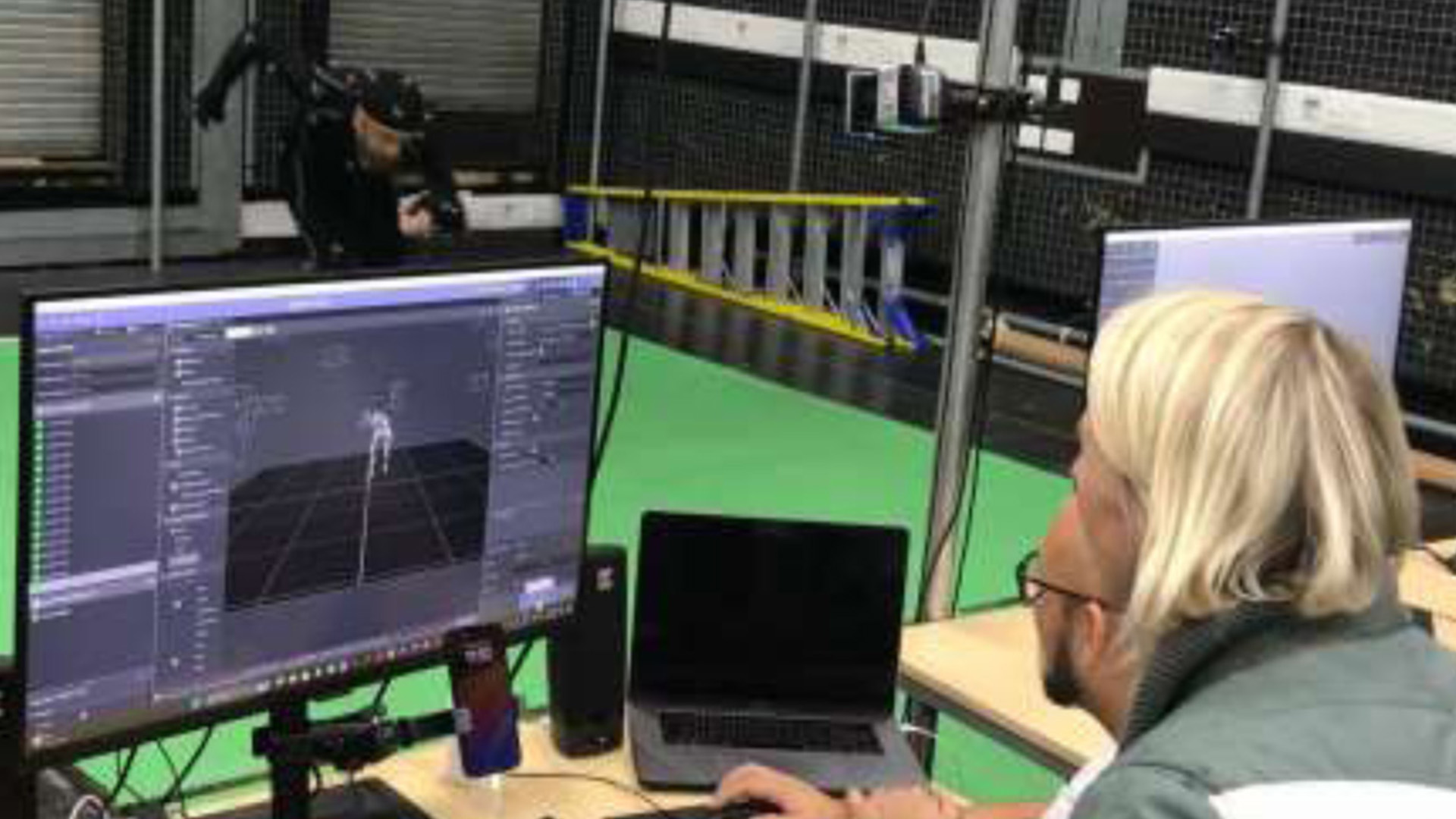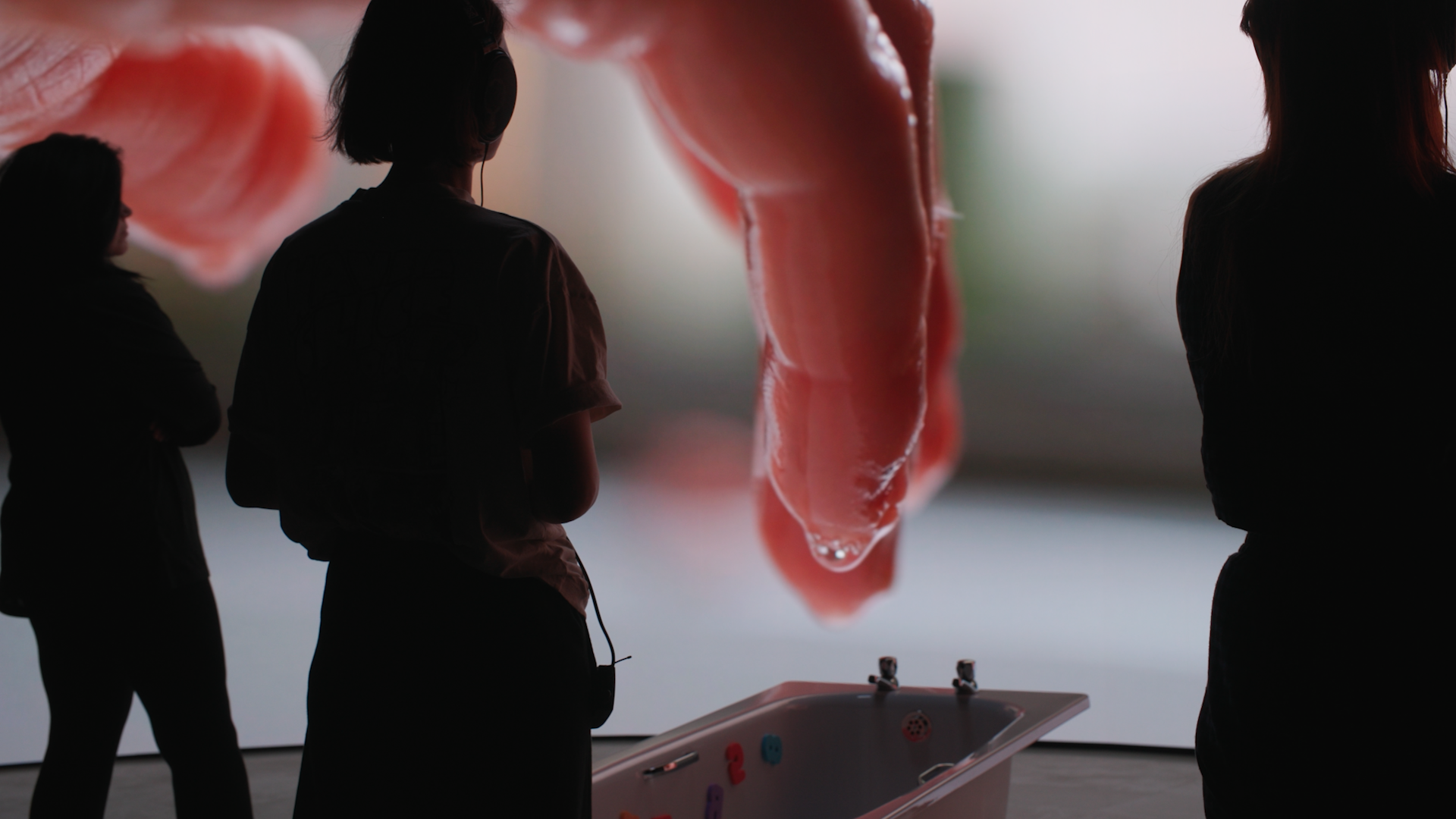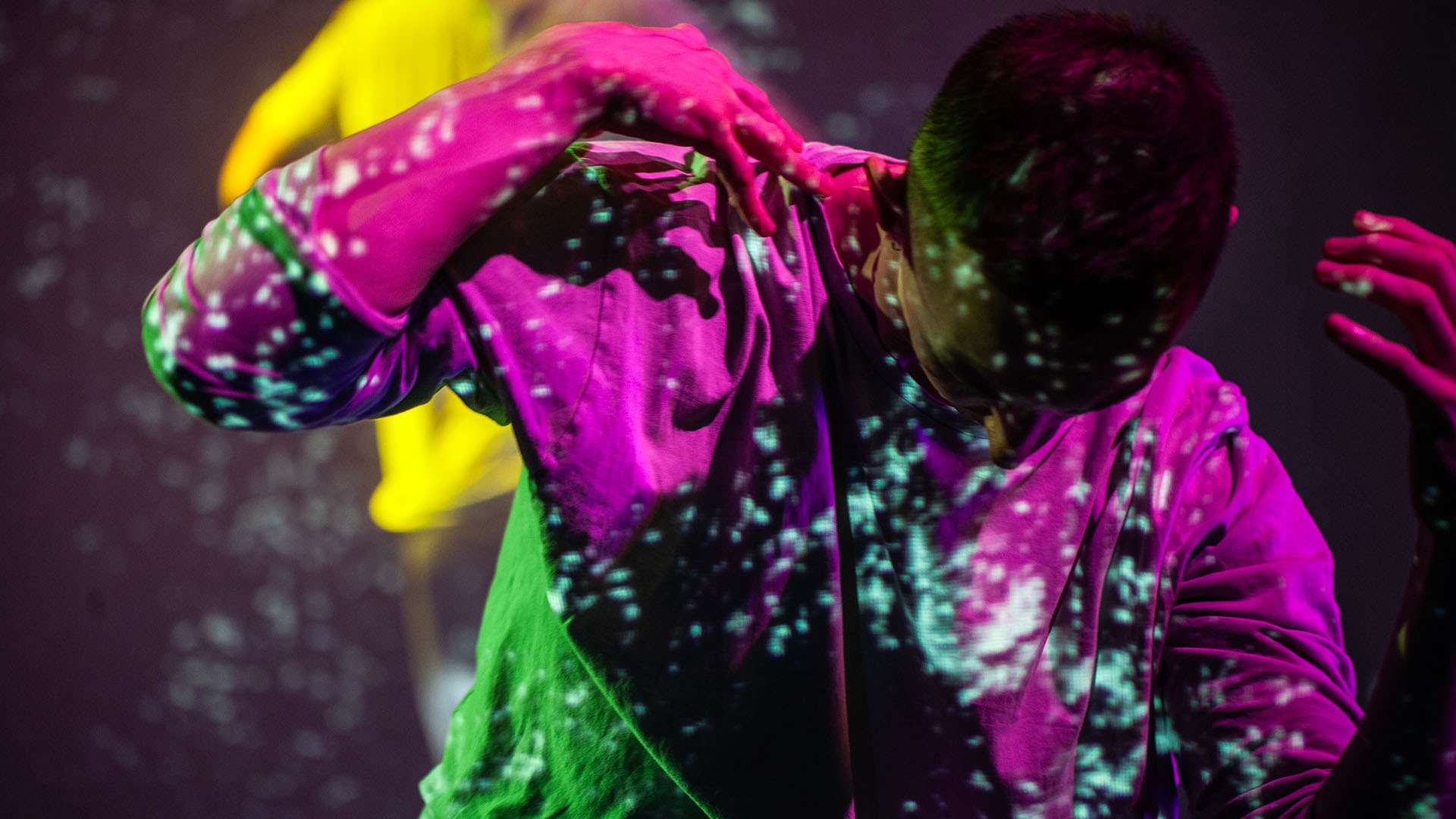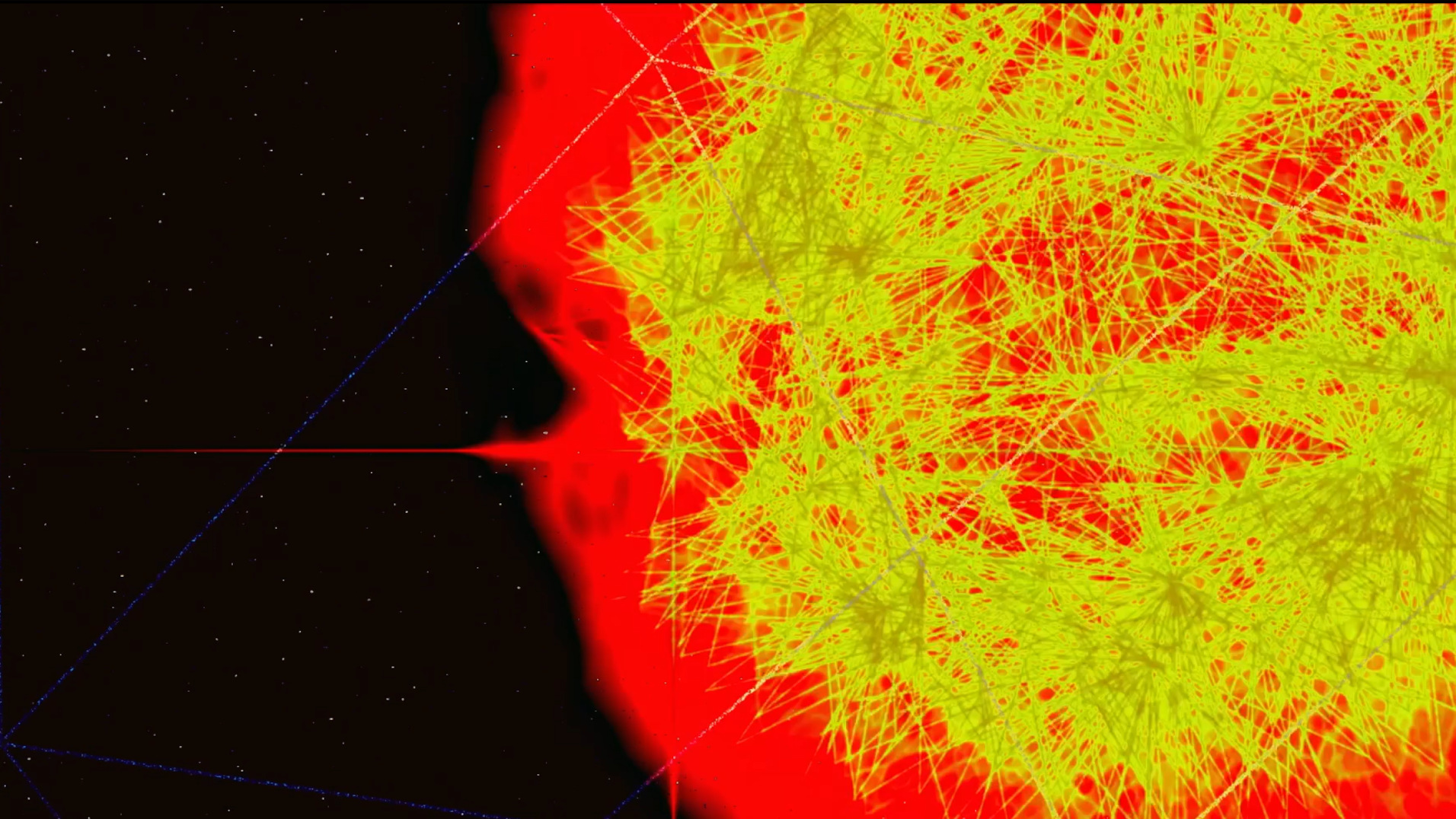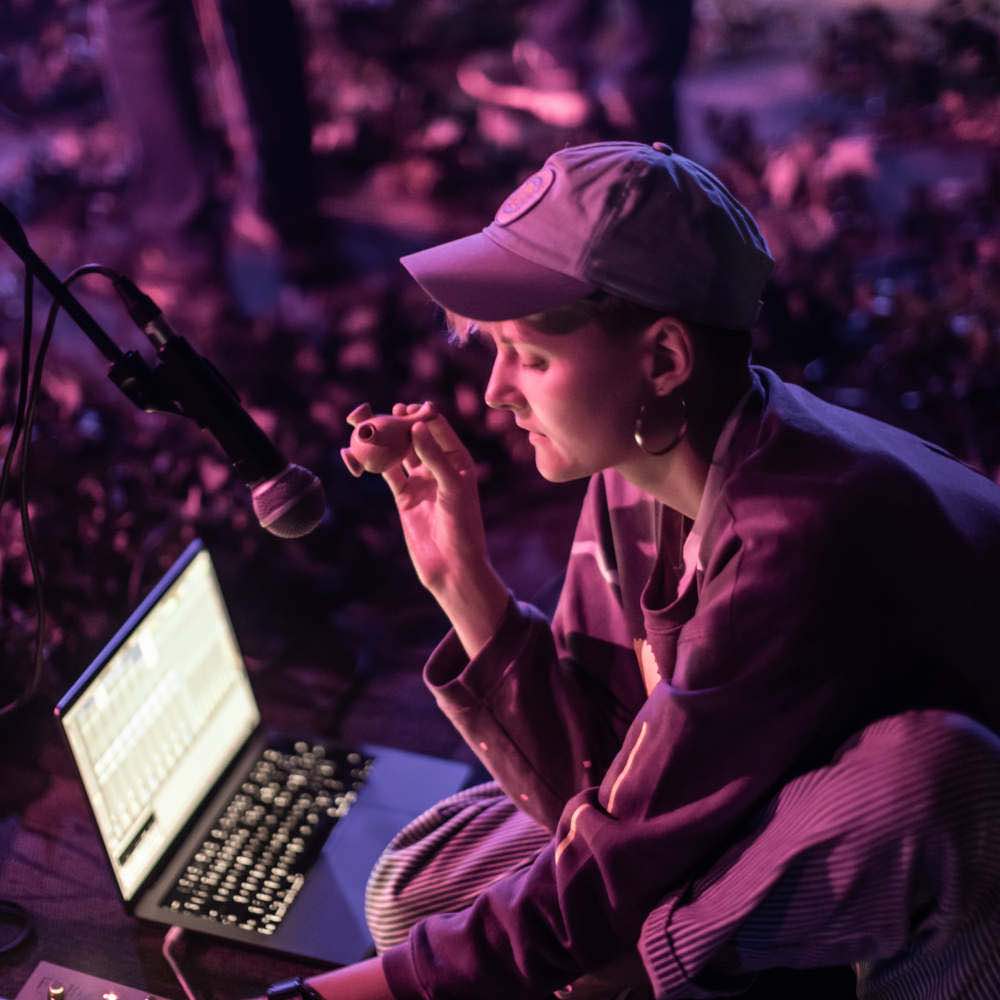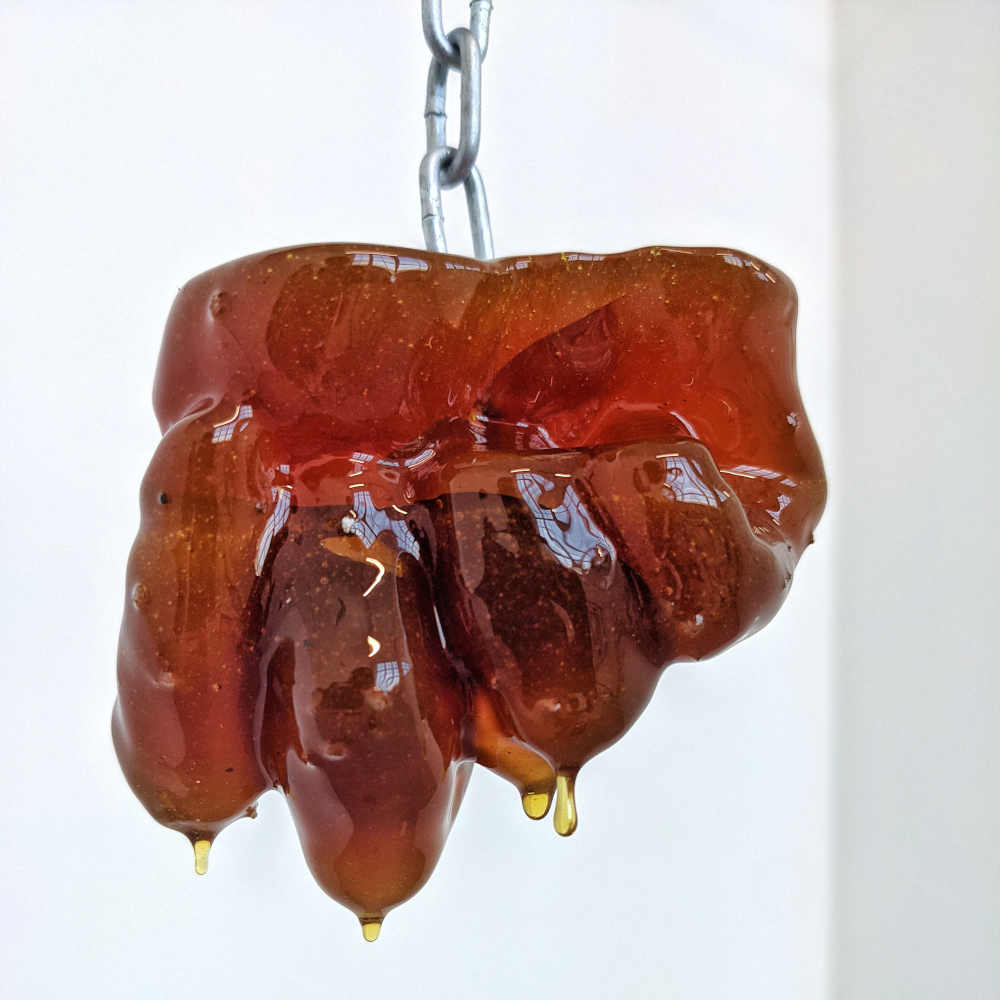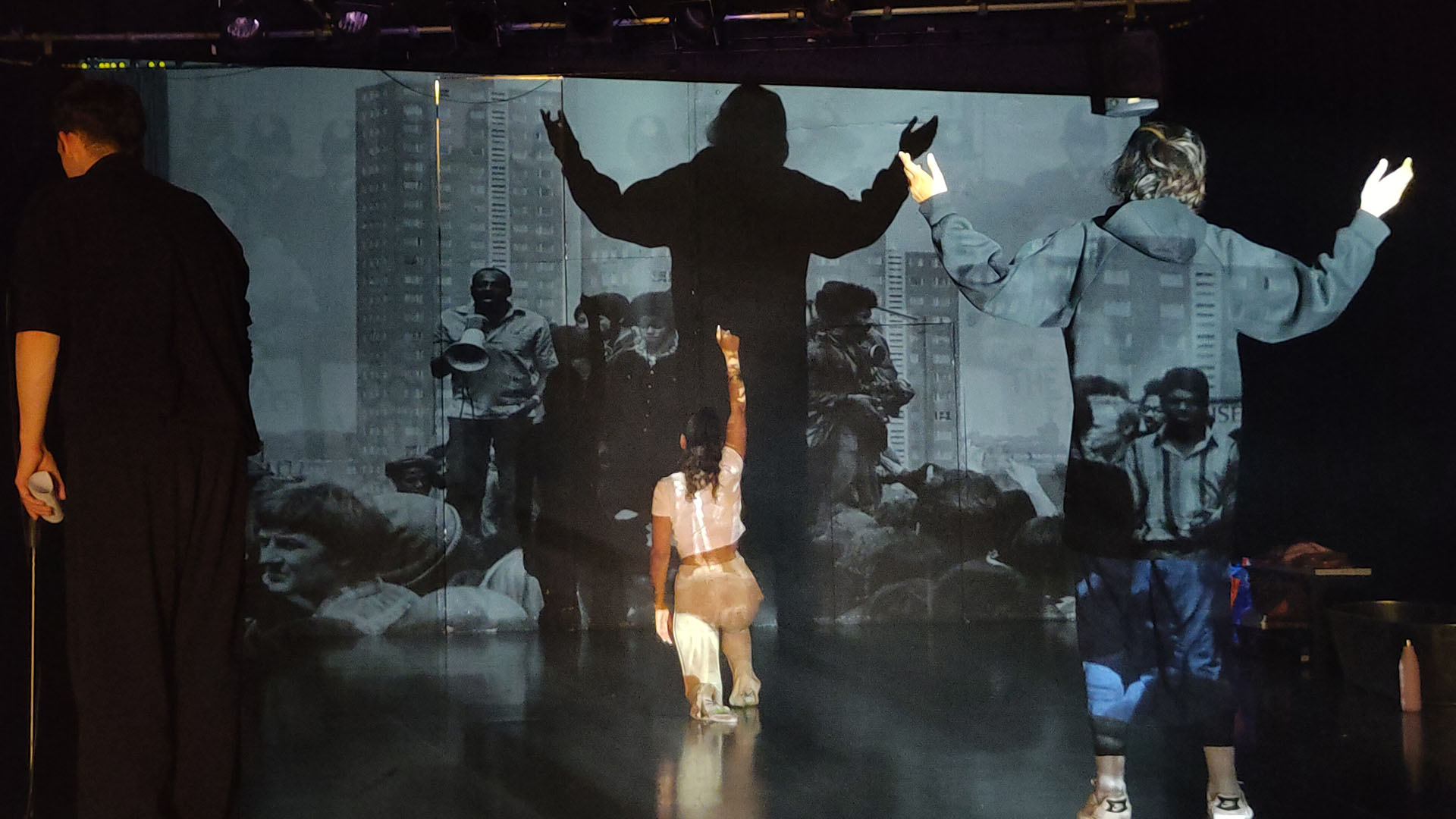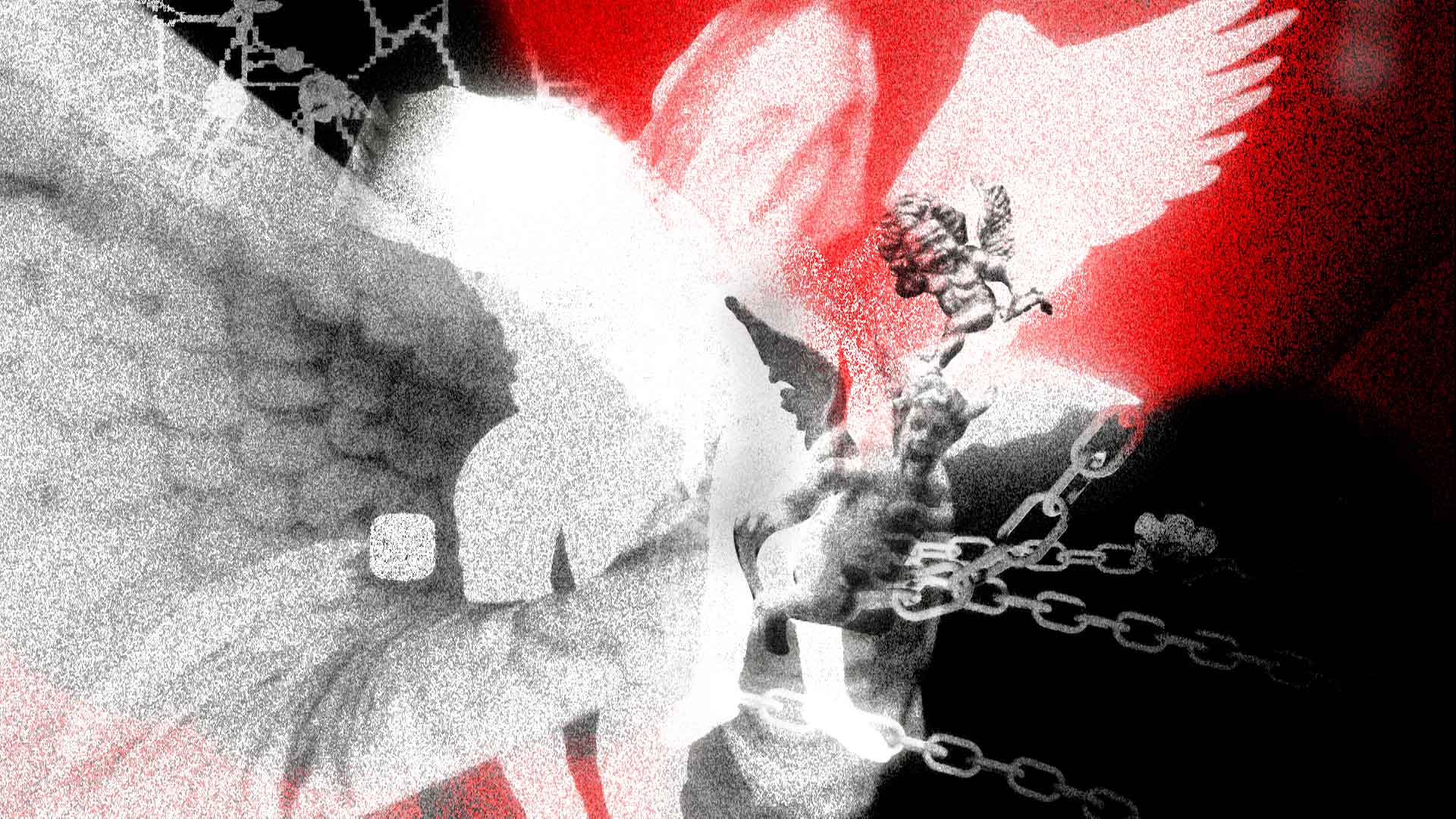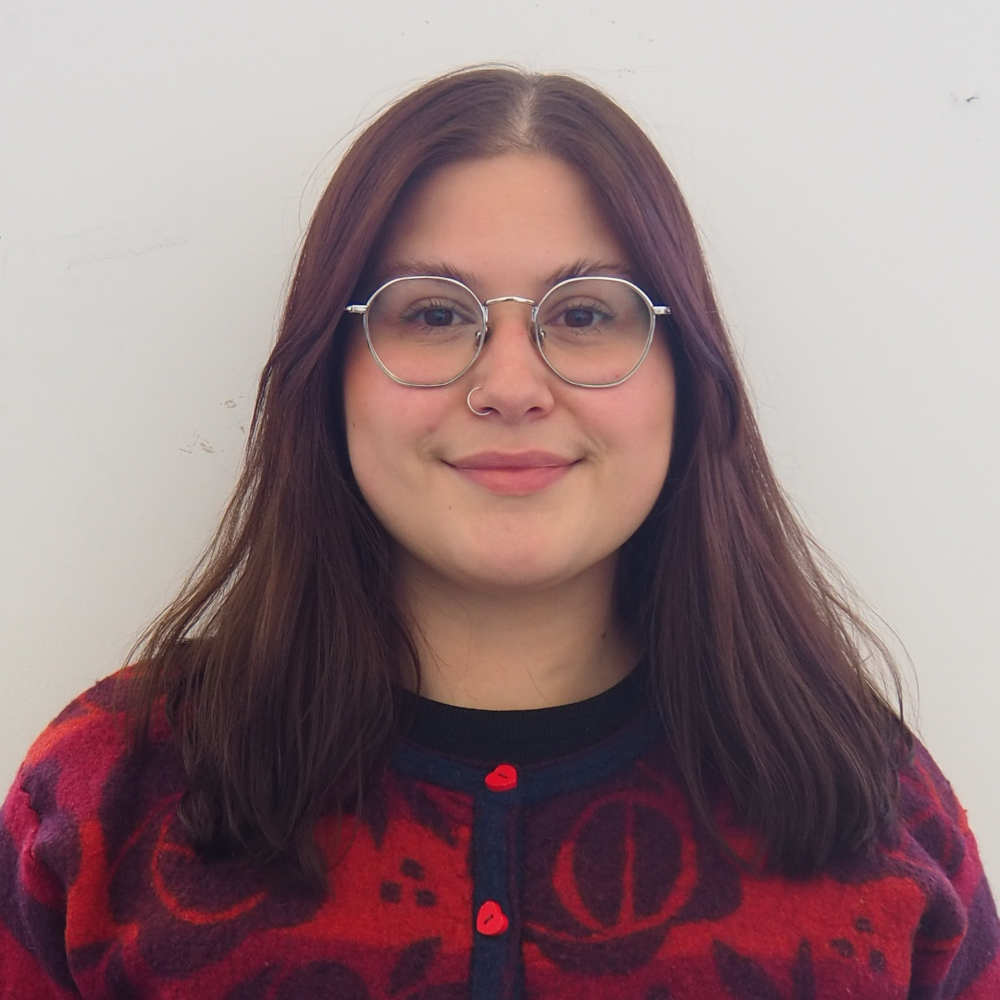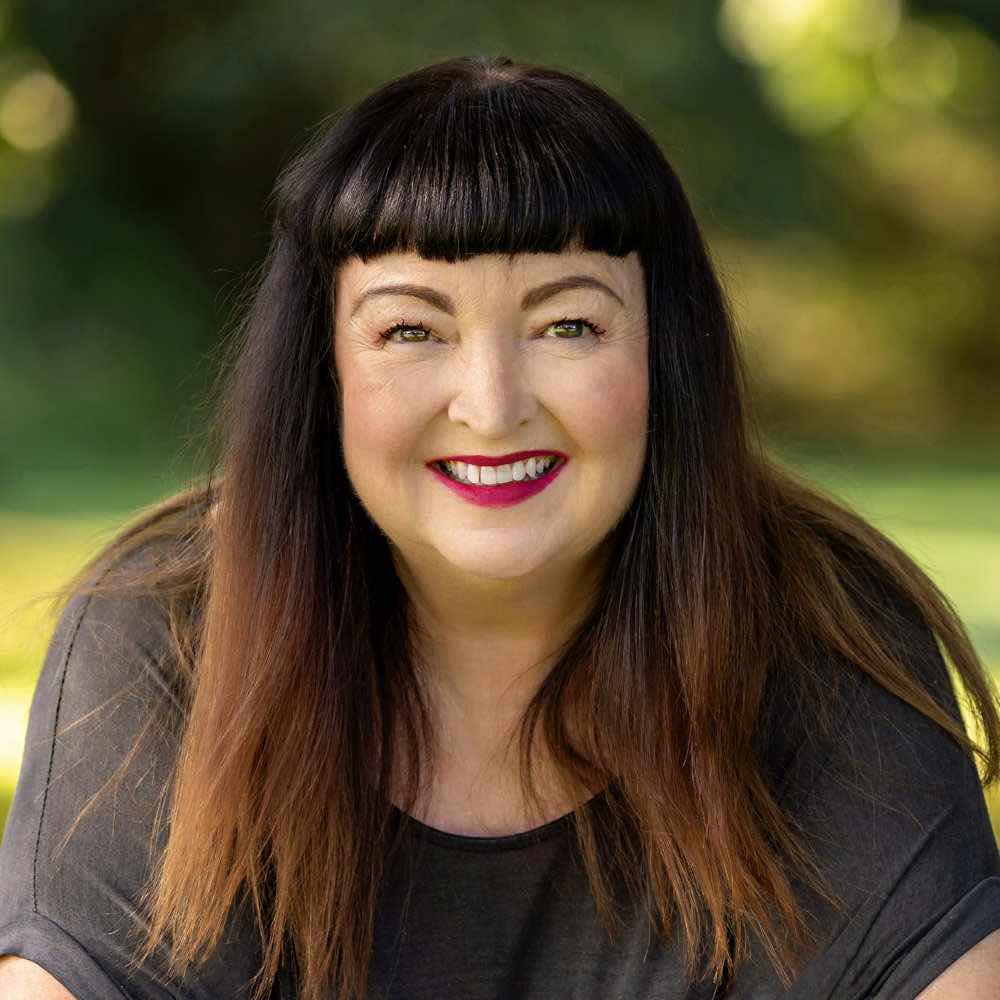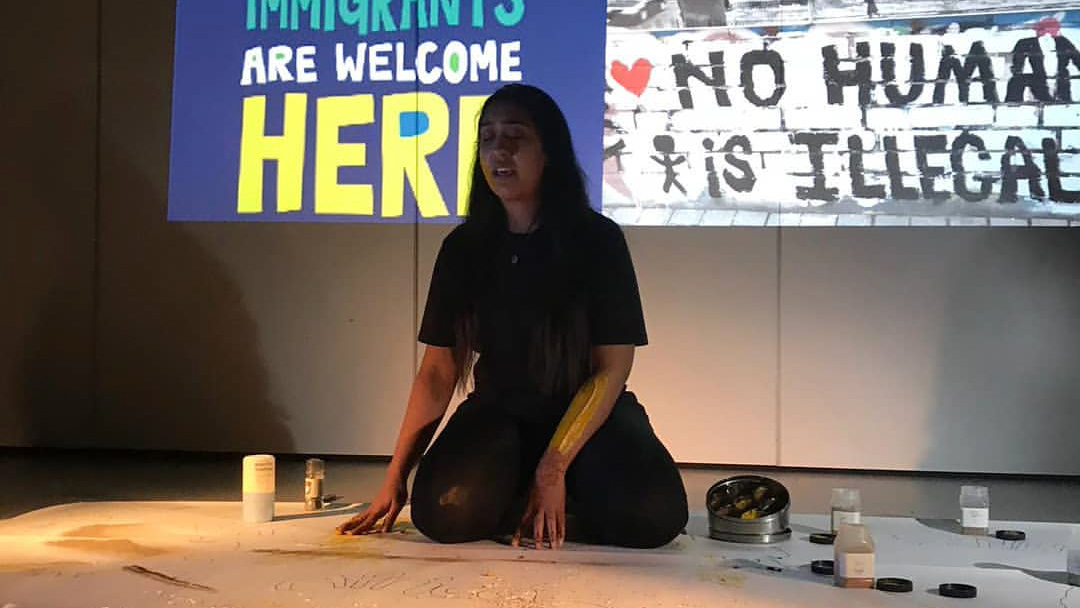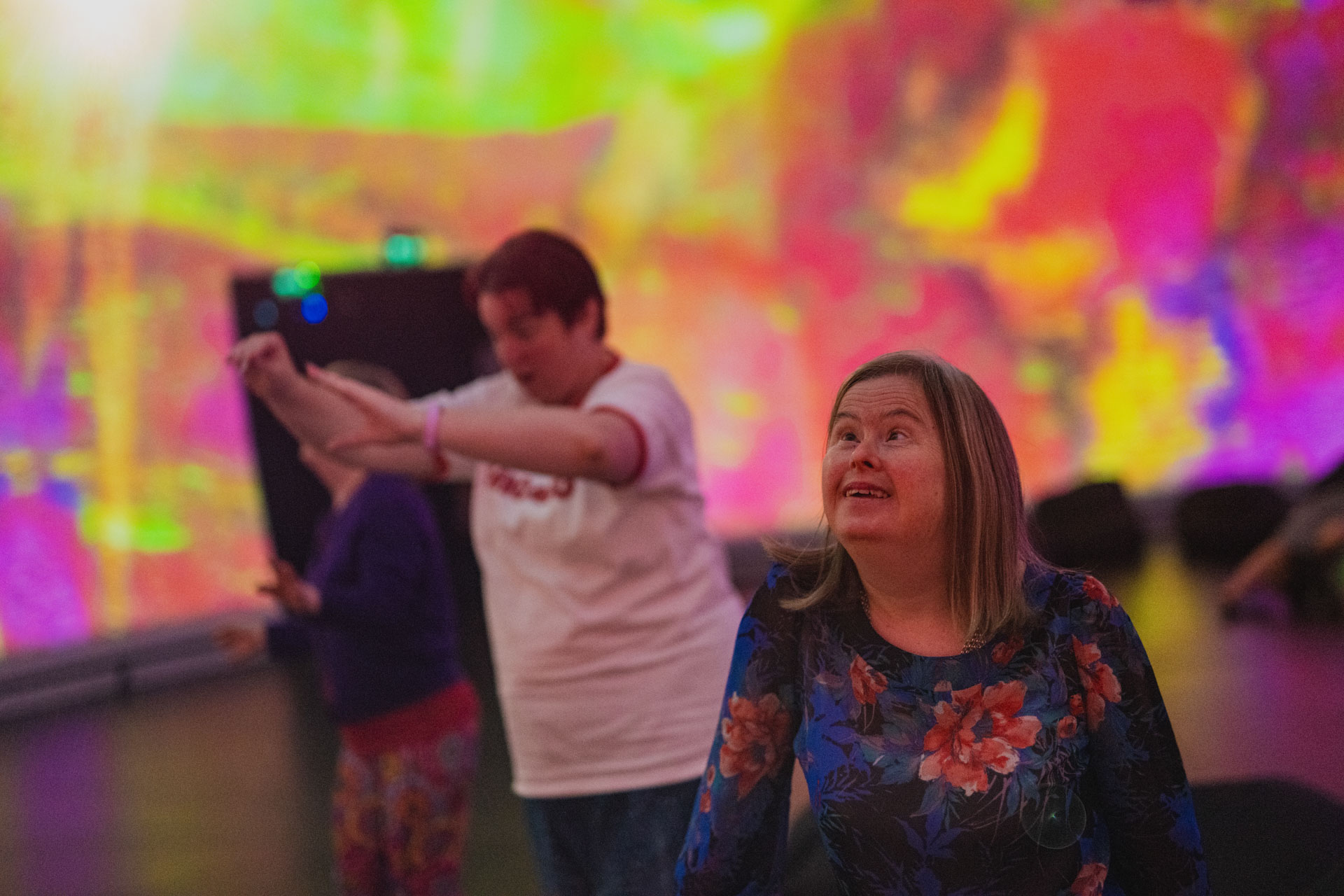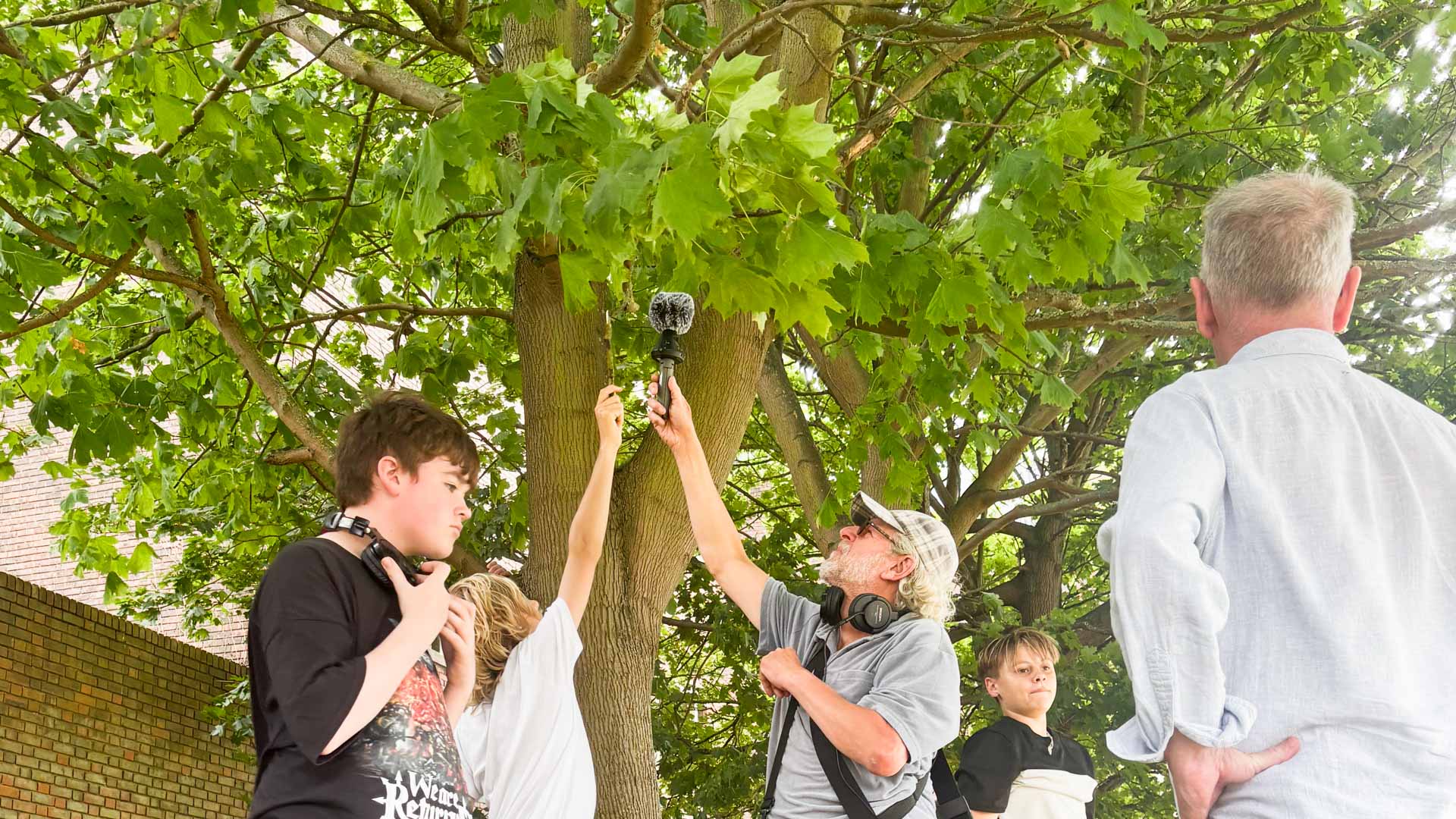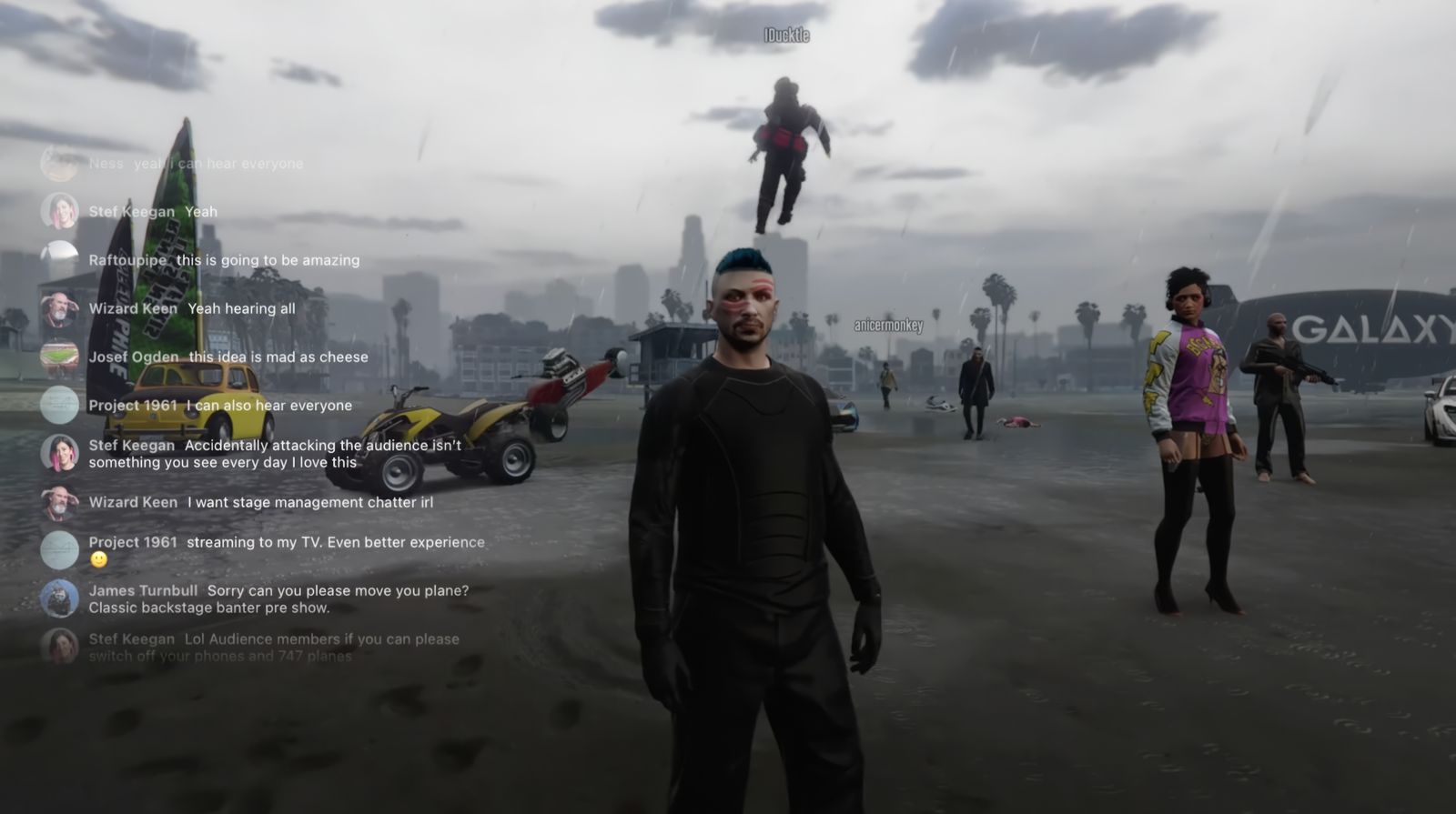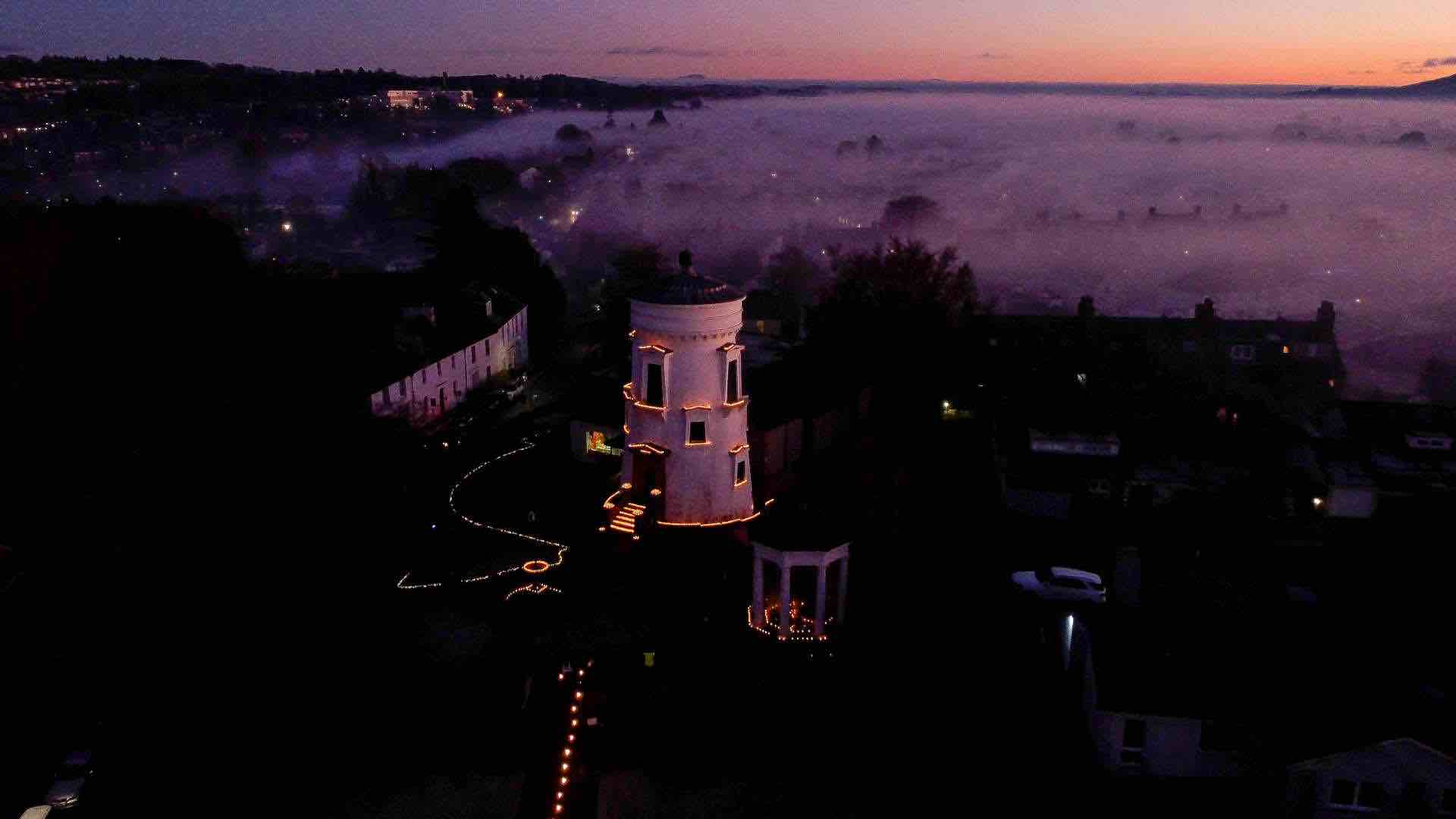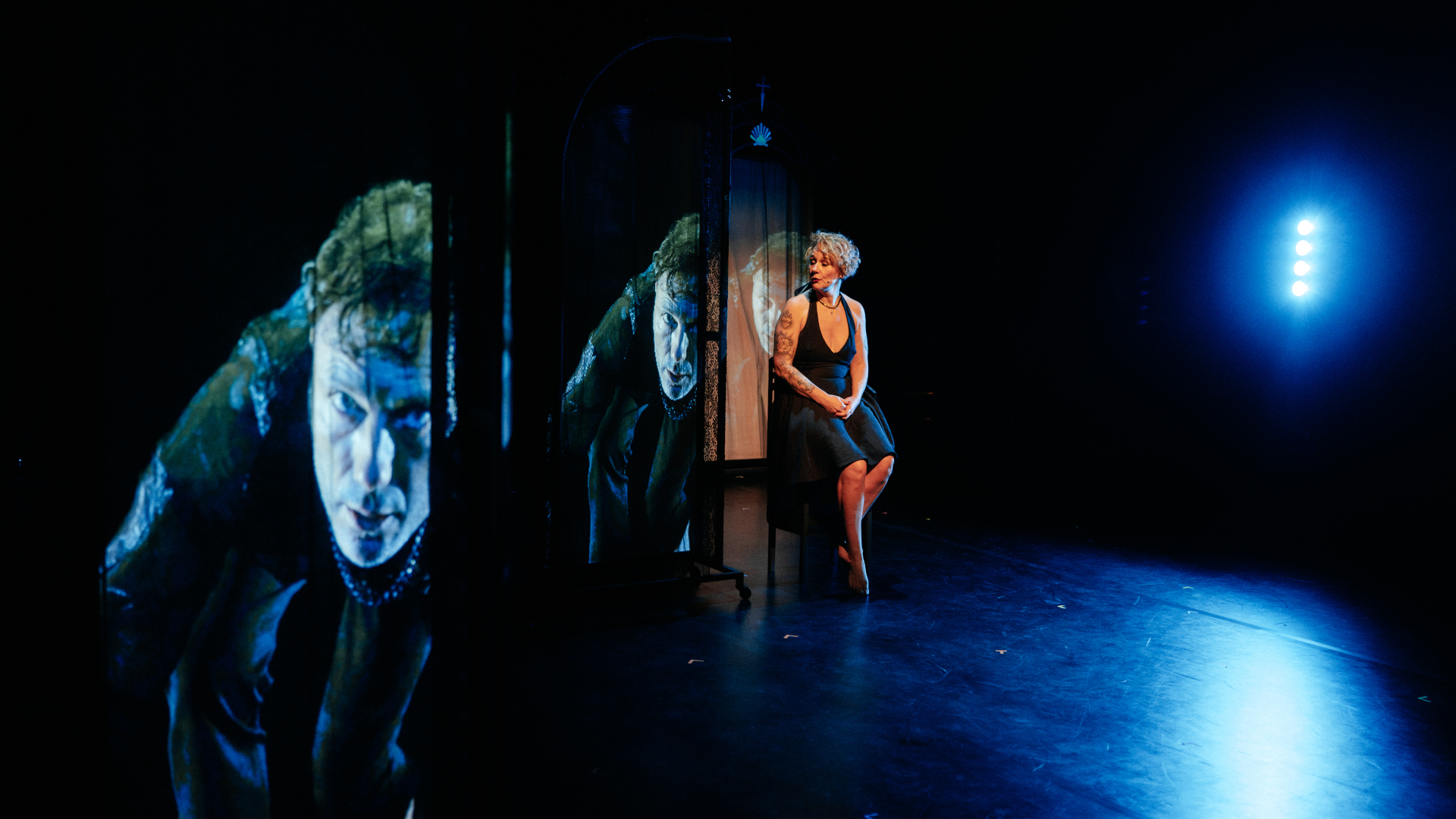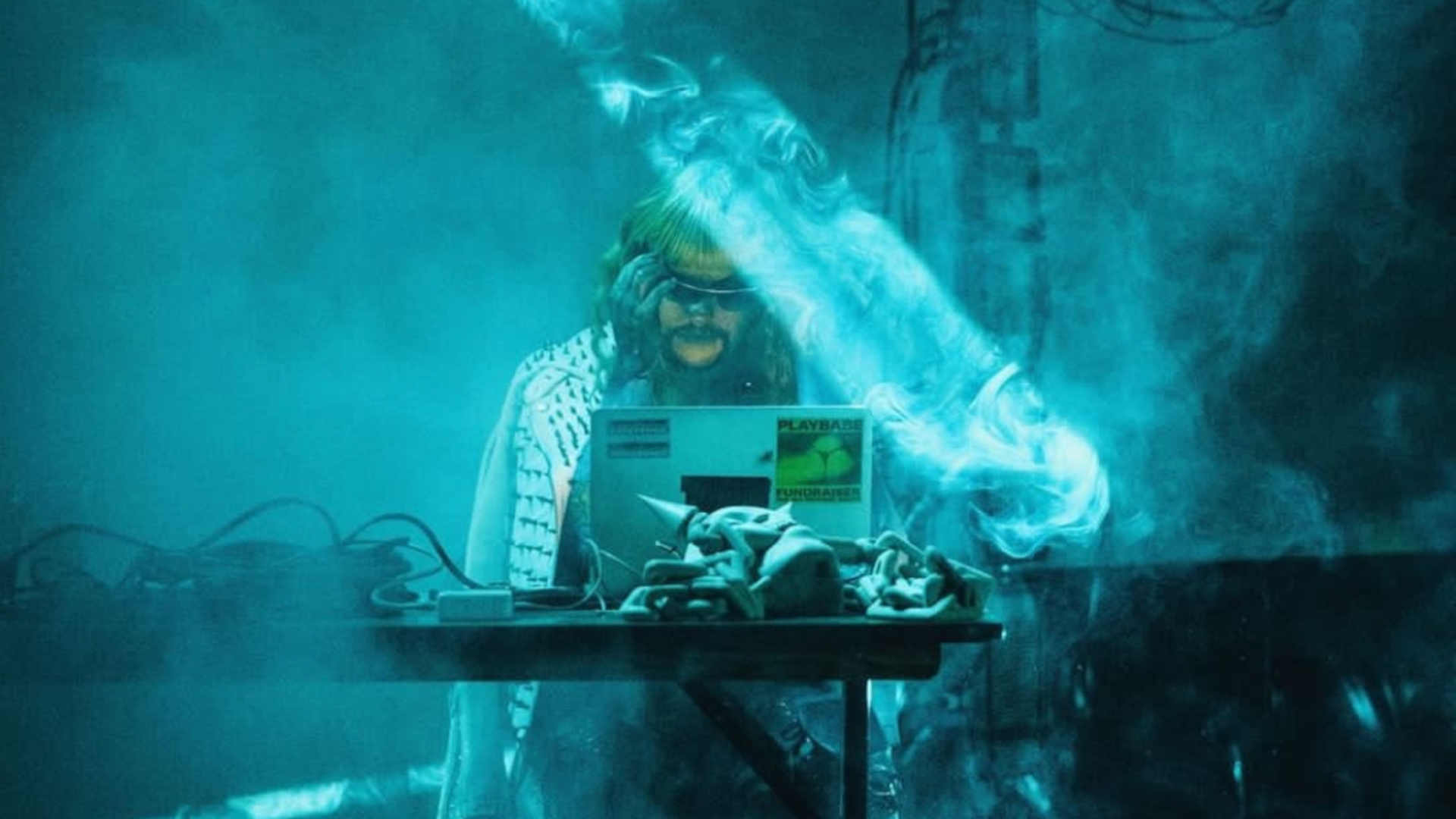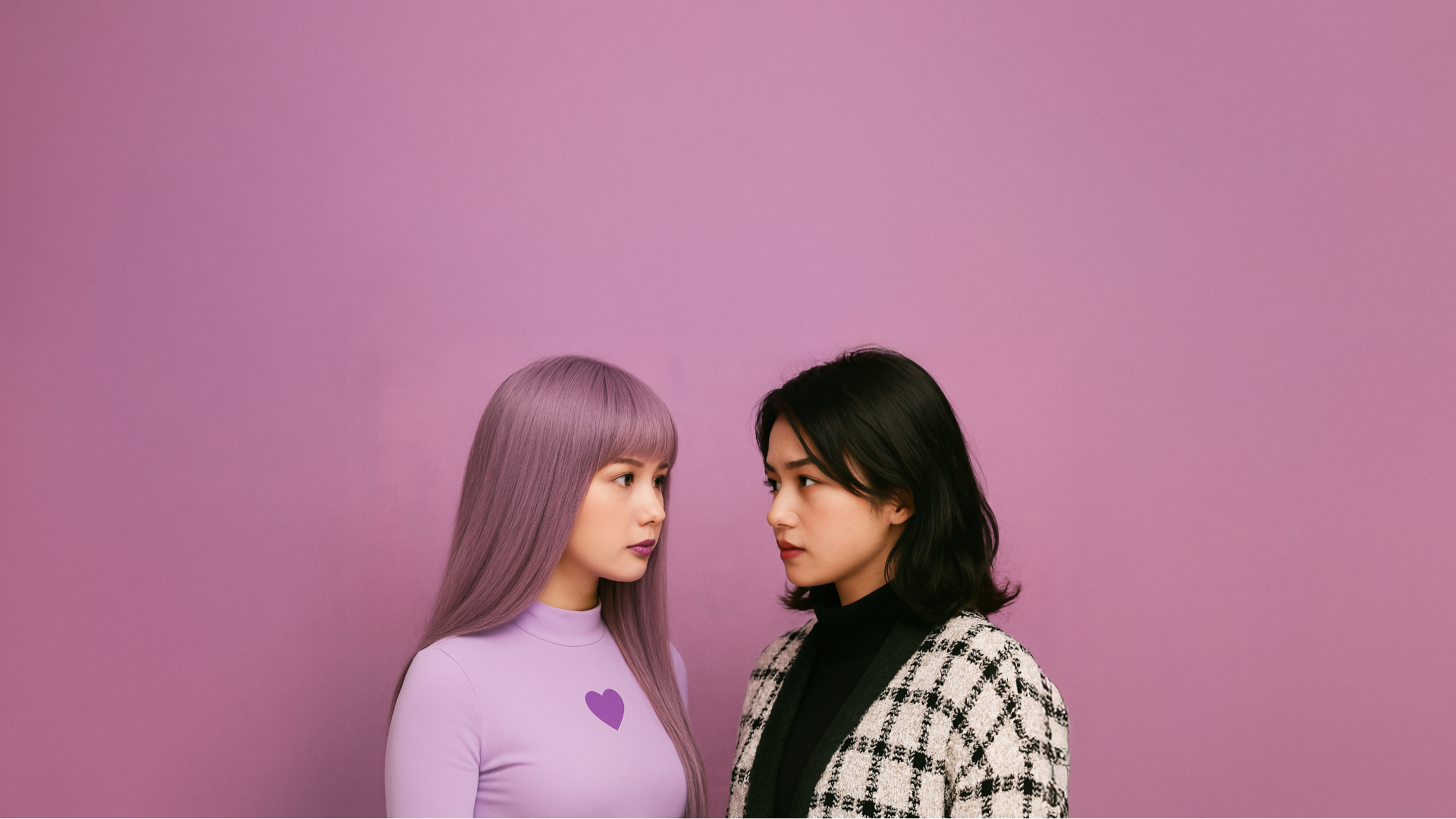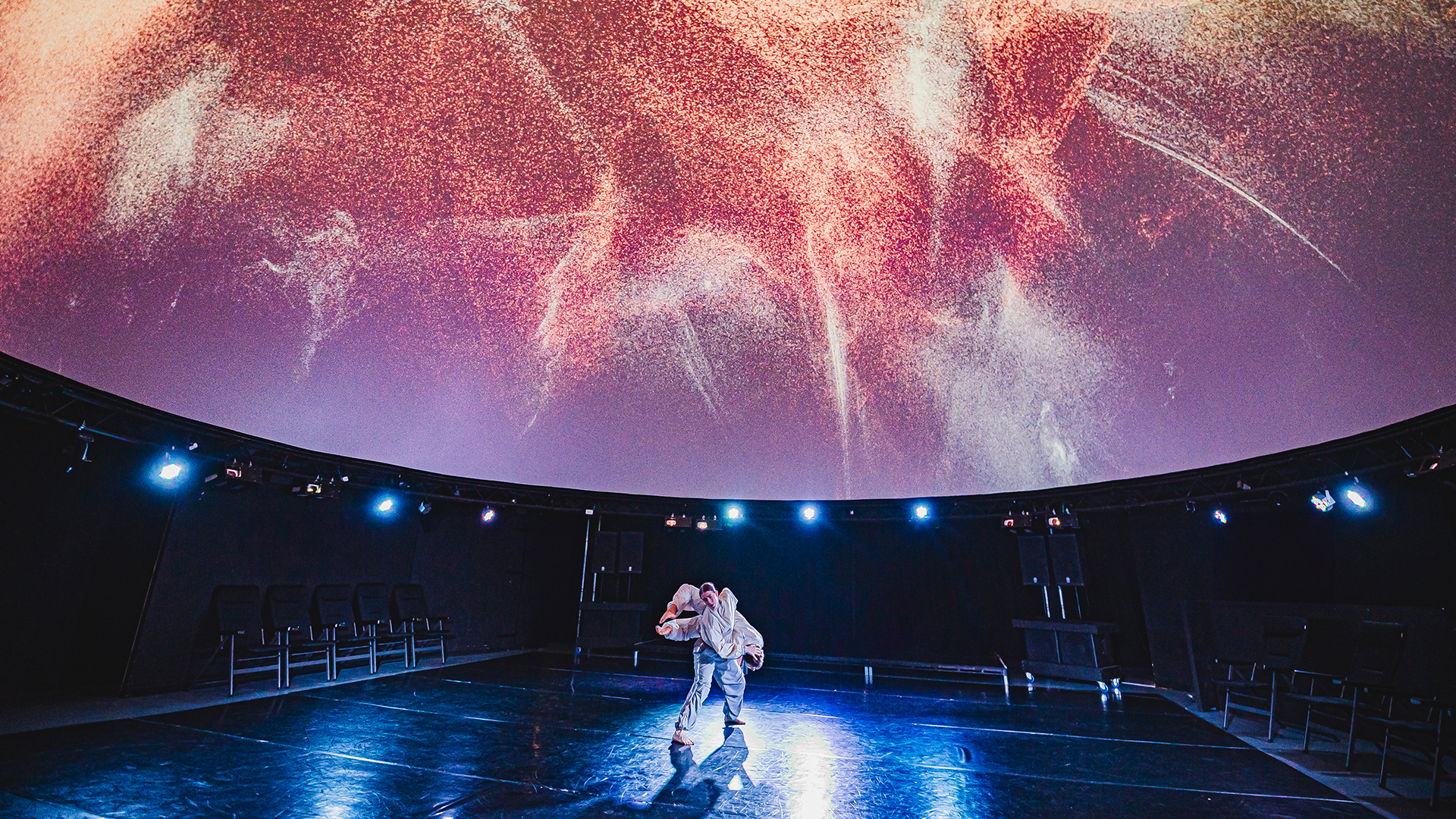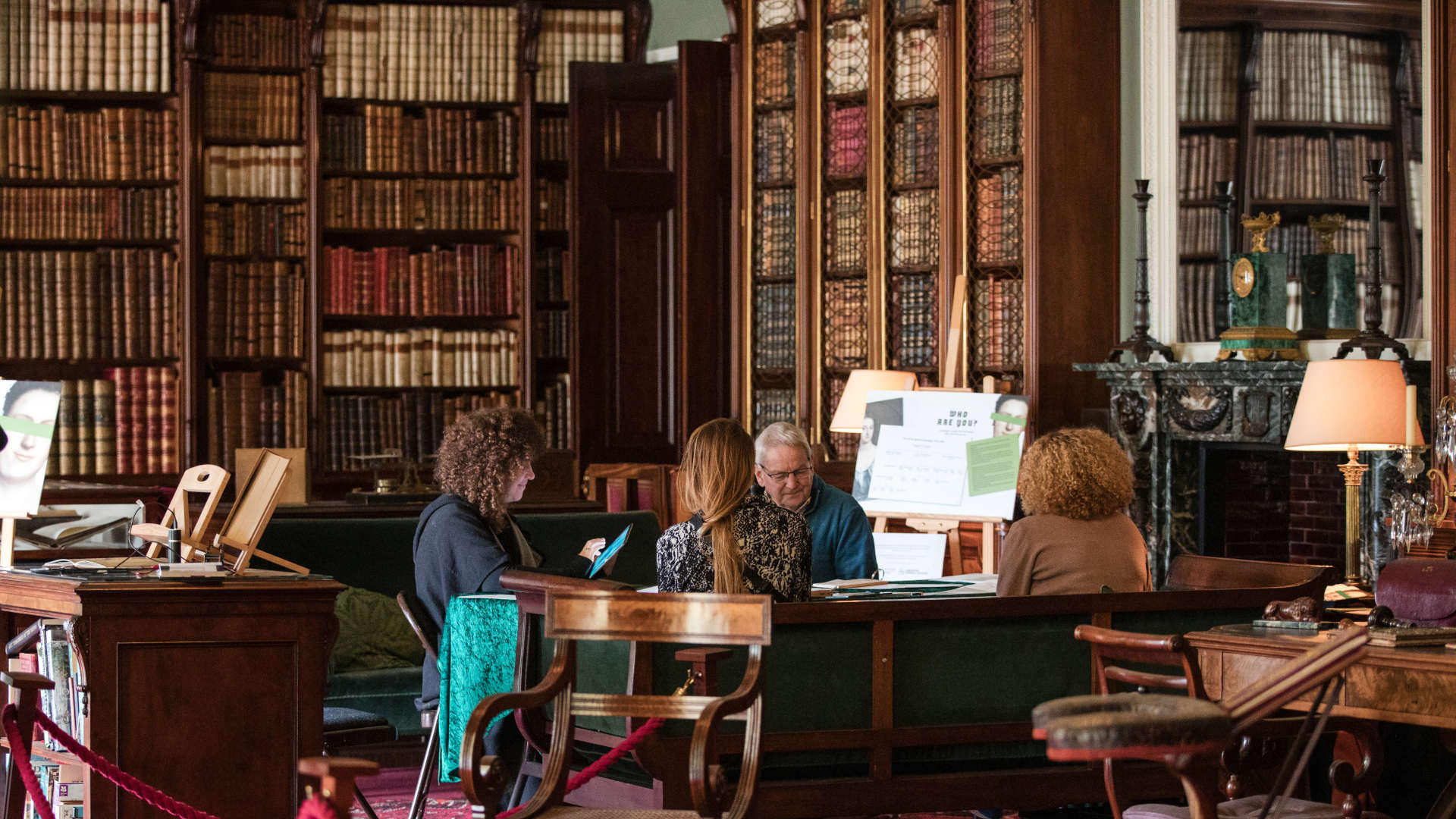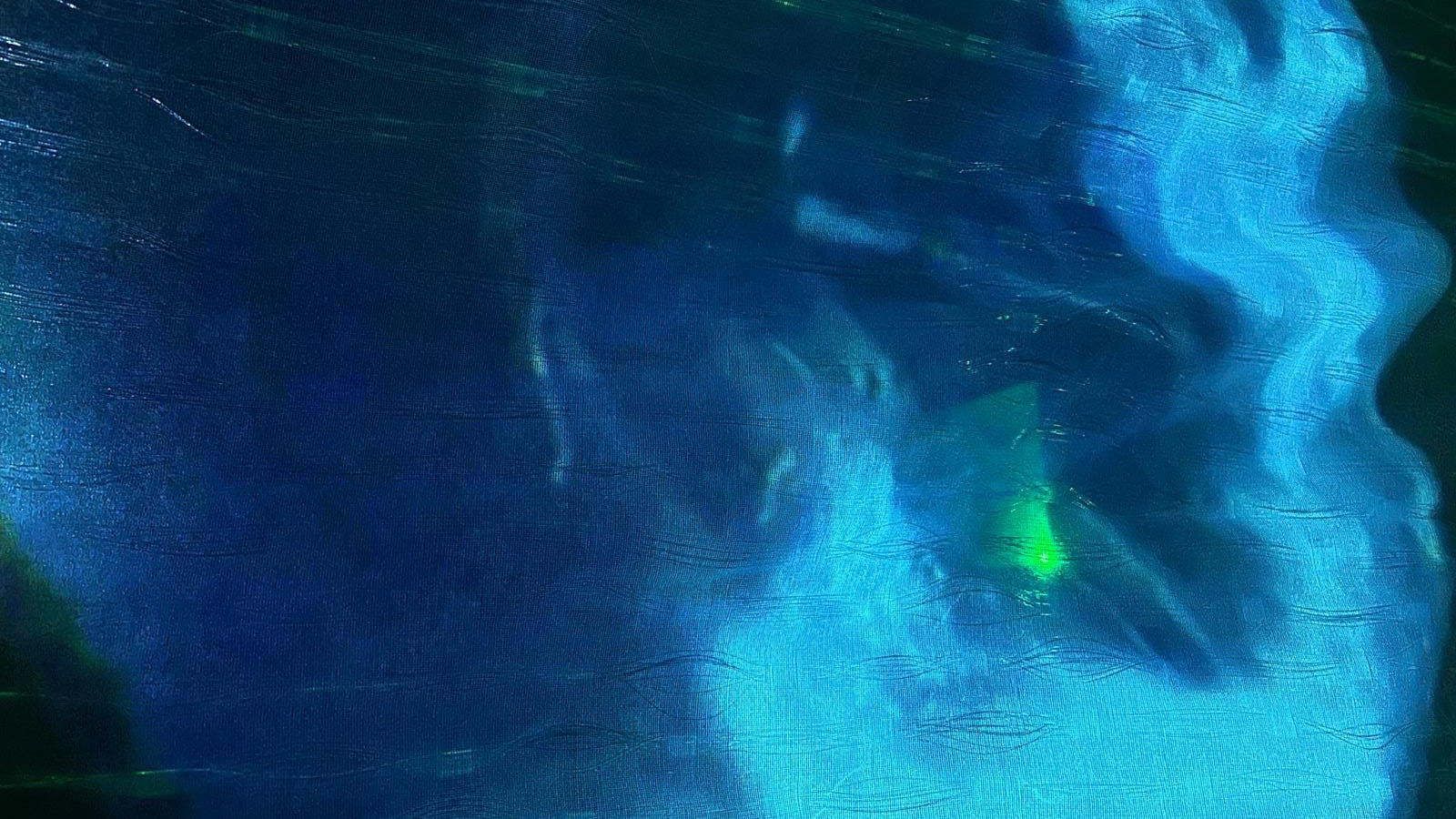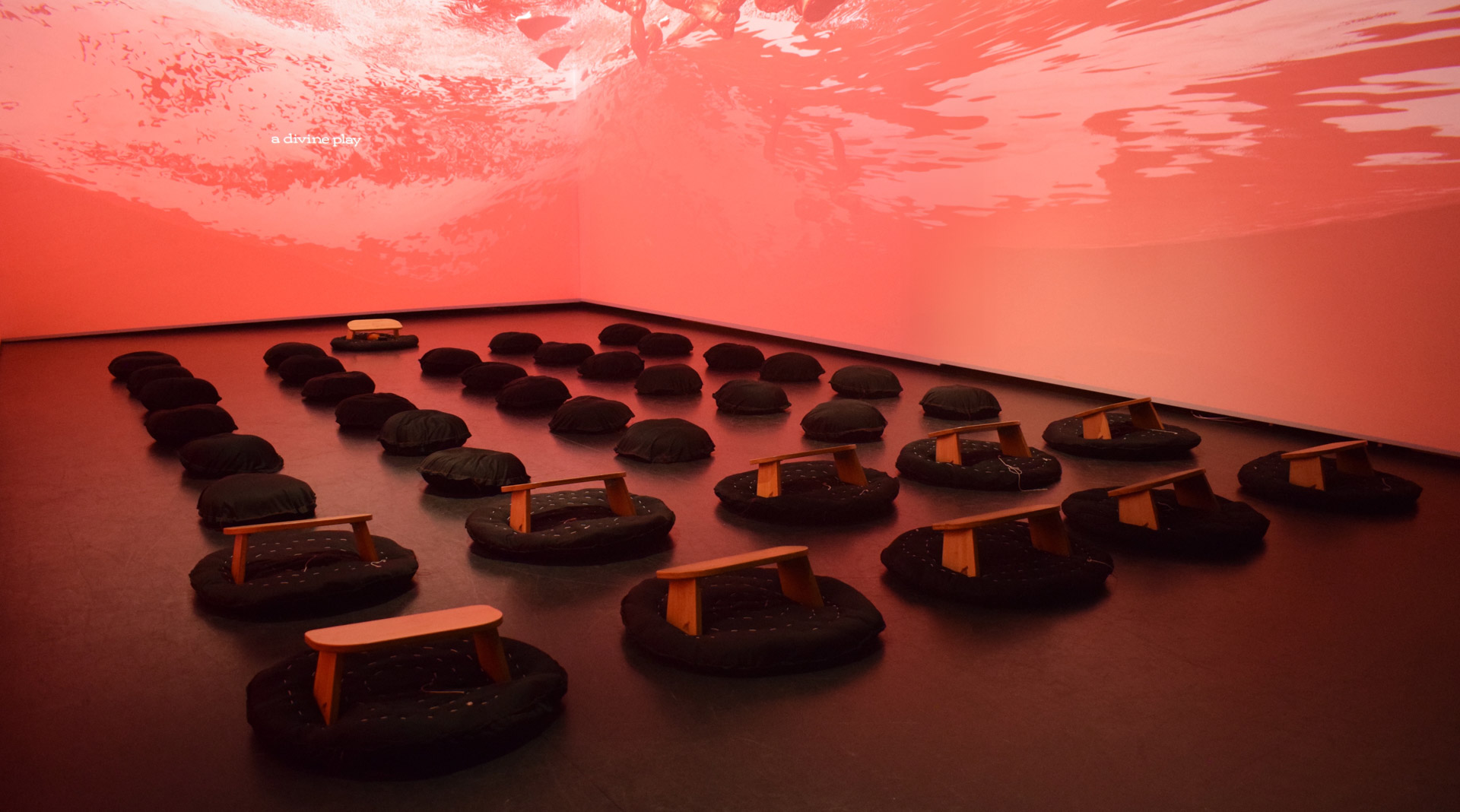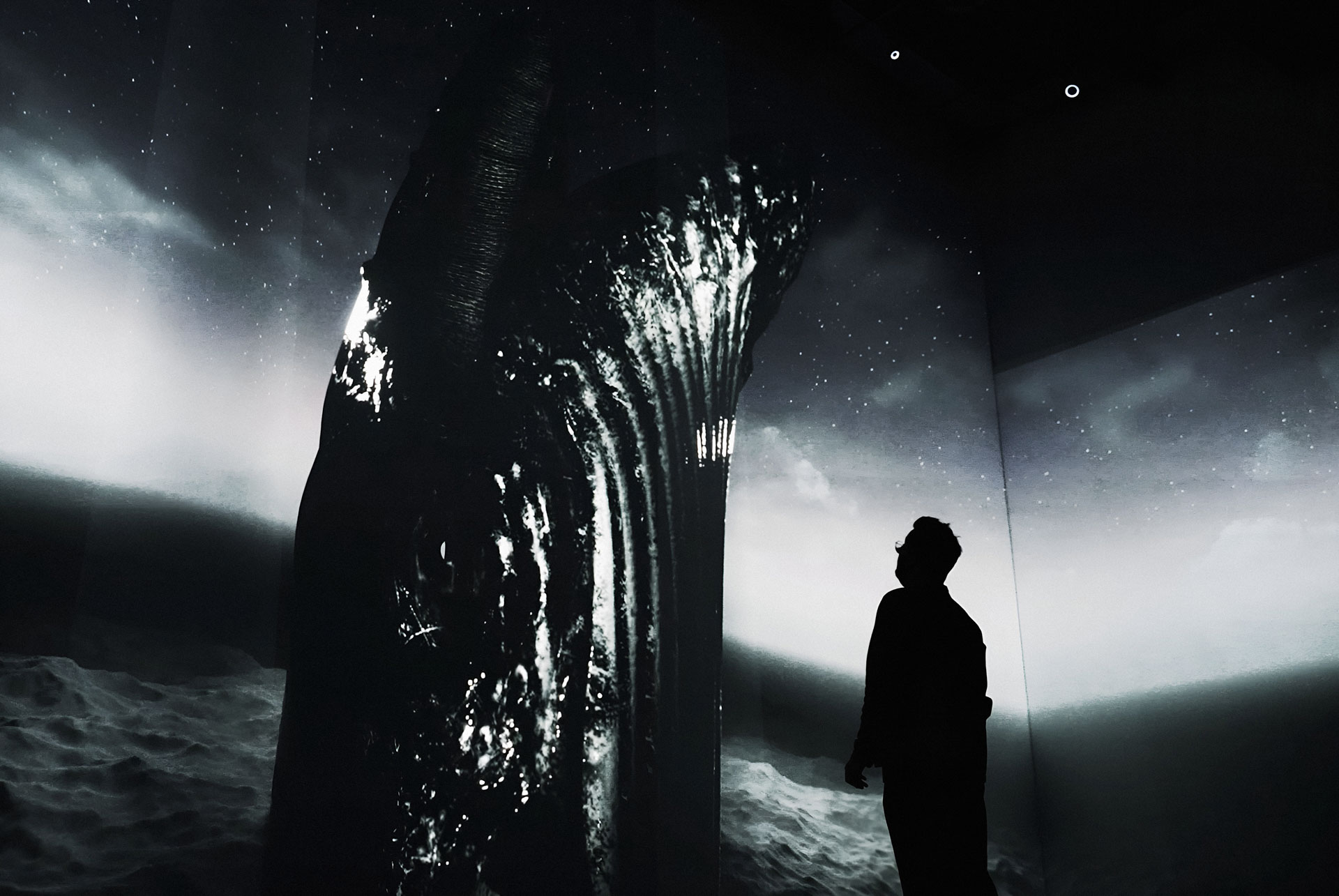Projects
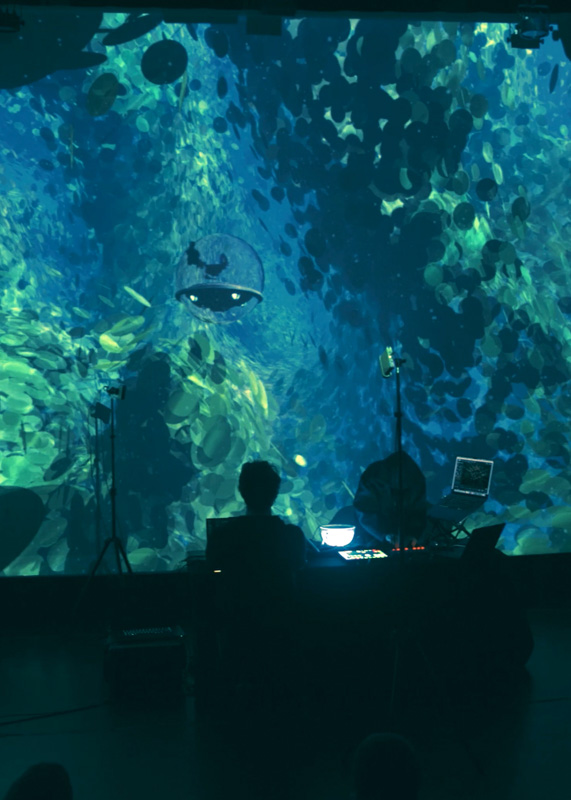
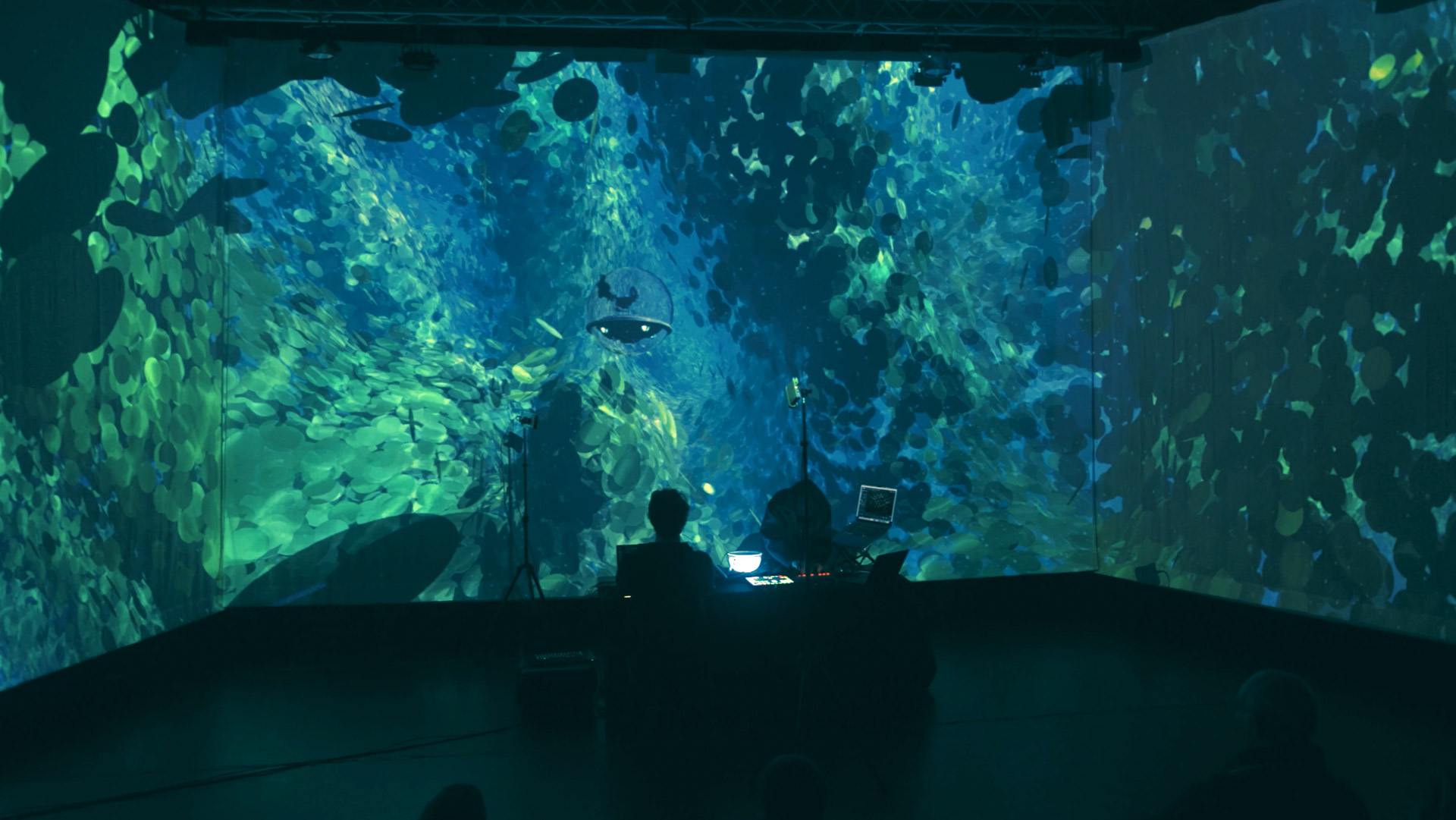
Lost Communications: Underwater
Lost Communications: Underwater
A new live performance project by An-Ting, electronic musician, & Ian Gallagher, creative technologist, that explores the acoustic world of marine life.
Using their DIY 360-degree hydrophone set, immersive compositions, and Unreal Engine, the duo record sounds from coral reefs, fish, whales and other underwater creatures, integrating them into original 3D compositions and visuals.
The result is a unique underwater soundscape brought to life through a multi-sensory hybrid online and in-person performance, engaging the audience to an immersive world of different dimensions.
Using cutting-edge AI technology, they transform underwater sounds into a 3D digital world with dynamic visuals, allowing audiences to experience a magical underwater world through three formats: VR, desktop (digital), and projections (physical). For the online version, in-person audio-visual performance is added with interactive gaming elements.
An-Ting and Ian are projected into the 3D world using Kinect cameras, enabling real-time interaction with audiences through their VR headsets.
Experiment
£20,000
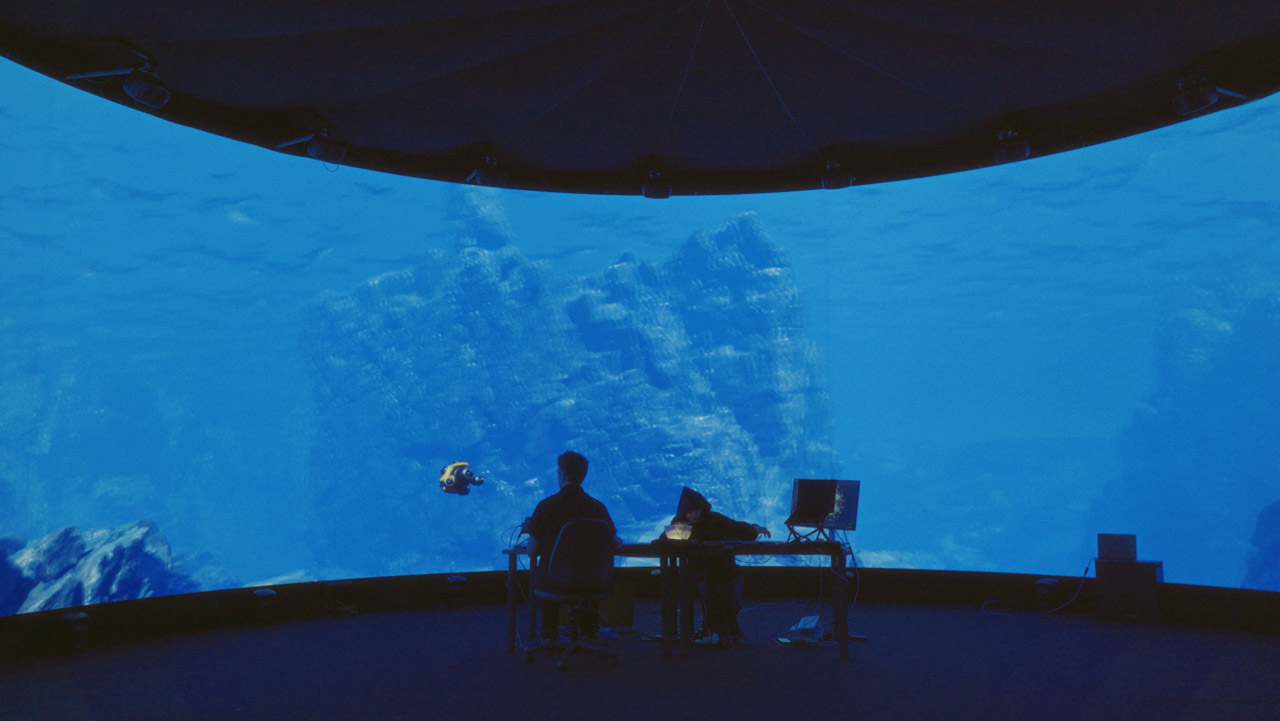
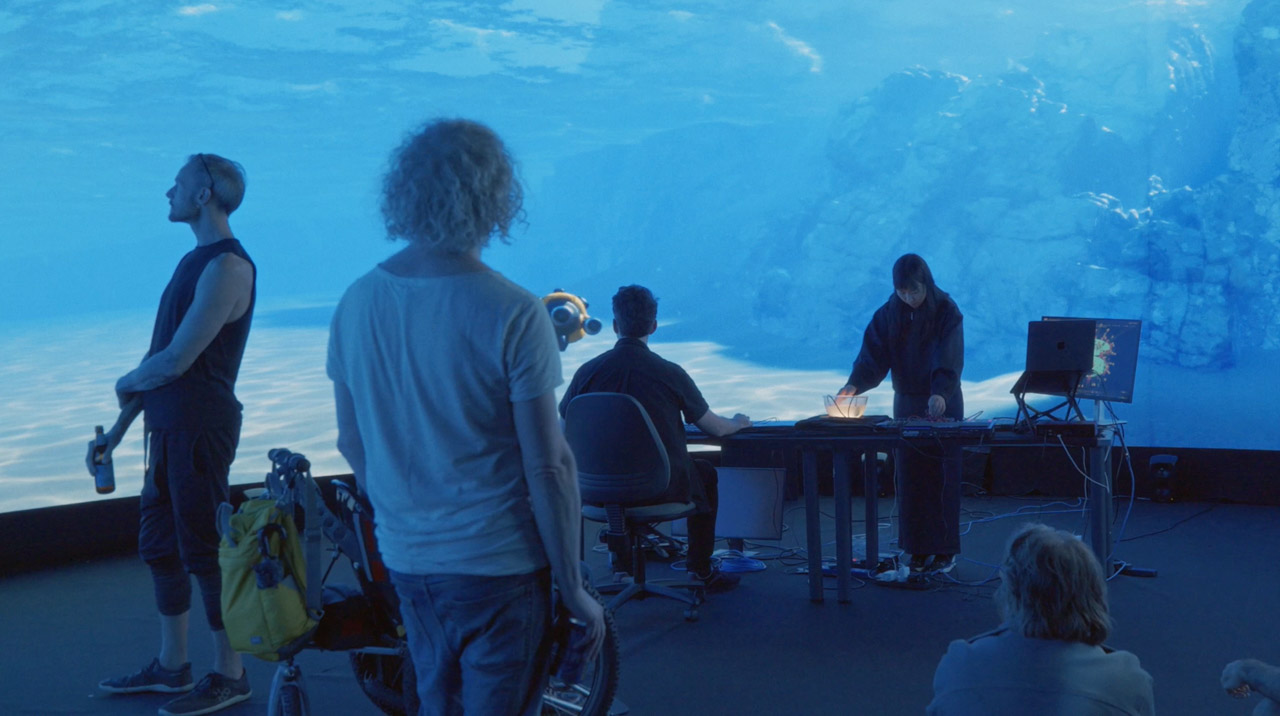
Aims of the Project
This funding has enabled us to develop a prototype of a simultaneous online and in-person exhibition and live performance, Lost Communications X.
We’ve been building an original 3D digital world that engages audiences with nature and an artistic experience that only immersive arts can achieve.
The prototype serves as a solid base for the final work which sets a precedent for blending AI, nature, immersive exhibition and live performance in hybrid forms.
Prototype Team
- Creative Producer – Laura Ducceschi
- Advisor – Kirk Woolford
- Film (below) by Sol Denker
Supported by Immersive Arts, Norwich University of the Arts, Sound UK
Immersive Audio supported by Southby Production, Aaron Holloway-Nahum and Immersive Simulation and Visualisation Lab
Photo credits for the images on this page:
- header image – Sol Denker
- photos above – Joe Mannion
- photos below – Joe Mannion, Will Ulrich, Holli Xue, Sol Denker
Underwater Trailer
After months of experimental R&D work and two protoype sharings with audiences, this trailer highlights what’s been achieved so far.
The next steps? Further development will enable hybrid exhibition, live and online performances later in 2026.
Visit https://lostcommunications.com to find out more.
Spatial Audio Underwater World
Using their 360-degree hydrophone set, immersive compositions, and Unreal Engine, the duo records sounds from coral reefs, fish, whales and other underwater creatures, integrating them into original 3D compositions and visuals.
Lost Communications: Underwater, supported by Sound UK, Immersive Arts and Norwich University of Arts, is expected to be premiered in 2026.
Sound as data and information, sound as music and meaning, sound as language and the true tongue of places and nonhuman peoples. Listening is both a scientific practice and a form of witnessing that acknowledges our presence as guests on this planet and embraces our kinship with other species across the tree of life. - 'The Sounds of Life' by Karen Bakker
360 Performance
Lost Communications: Birds
15 & 16 June 2025 at Immersive Visualisation and Simulation Lab in Norwich as a part of the Norfolk & Norwich Festival.
Presented by NN Festival, Collusion & Norwich University of Arts.
HOME X @ The Barbican
Live performance meets cutting edge technology in this live show that combines theatre, music, gaming and VR technology created with artists in London and Hong Kong.
HOME X was co-produced by Kakilang (formerly Chinese Arts Now) and their Hong Kong partner, Don’t Believe in Style and co-commissioned by Cambridge Junction, Oxford Contemporary Music and York Theatre Royal. The work is supported by StoryFutures, The Space and John Ellerman Foundation, originally commissioned by British Council Hong Kong.
